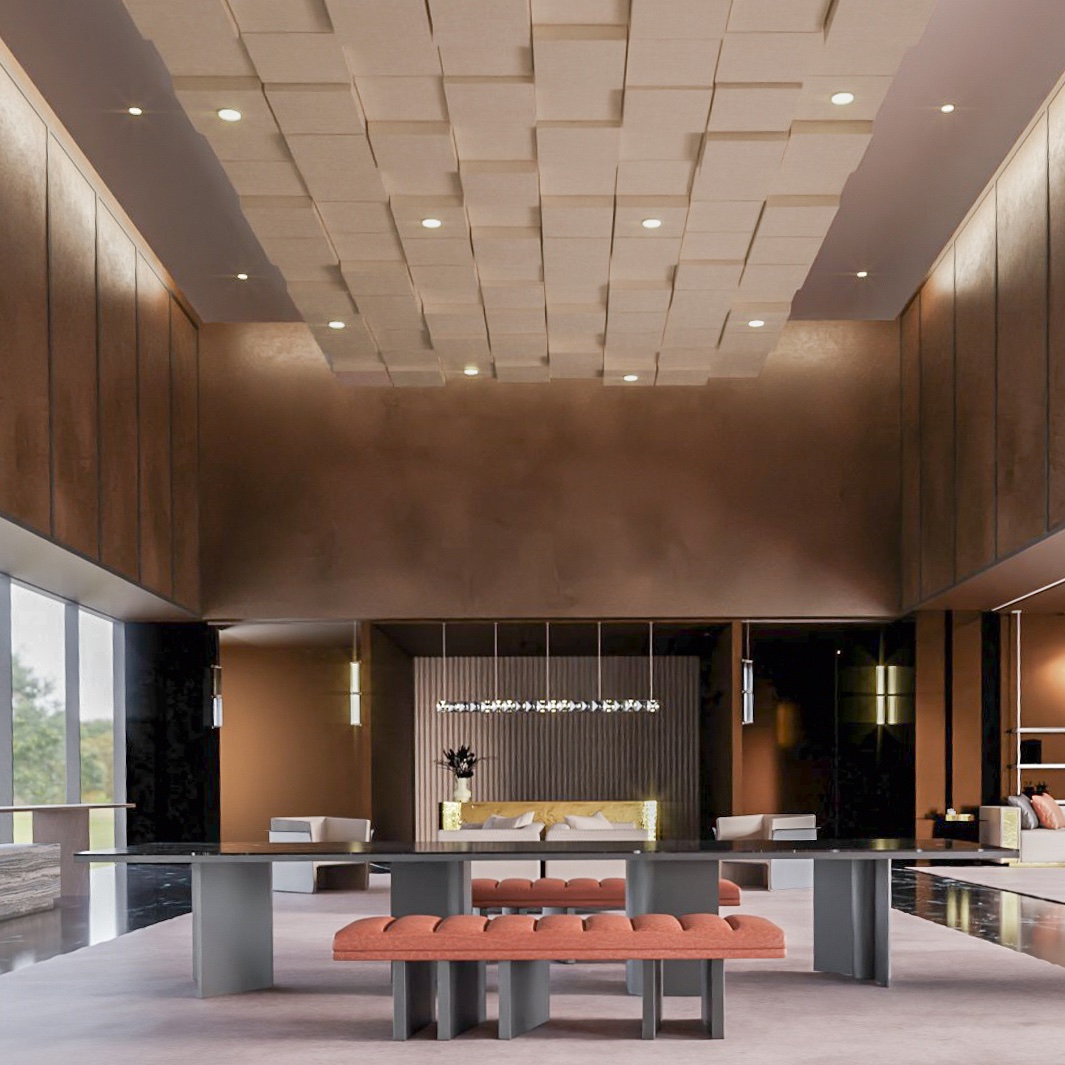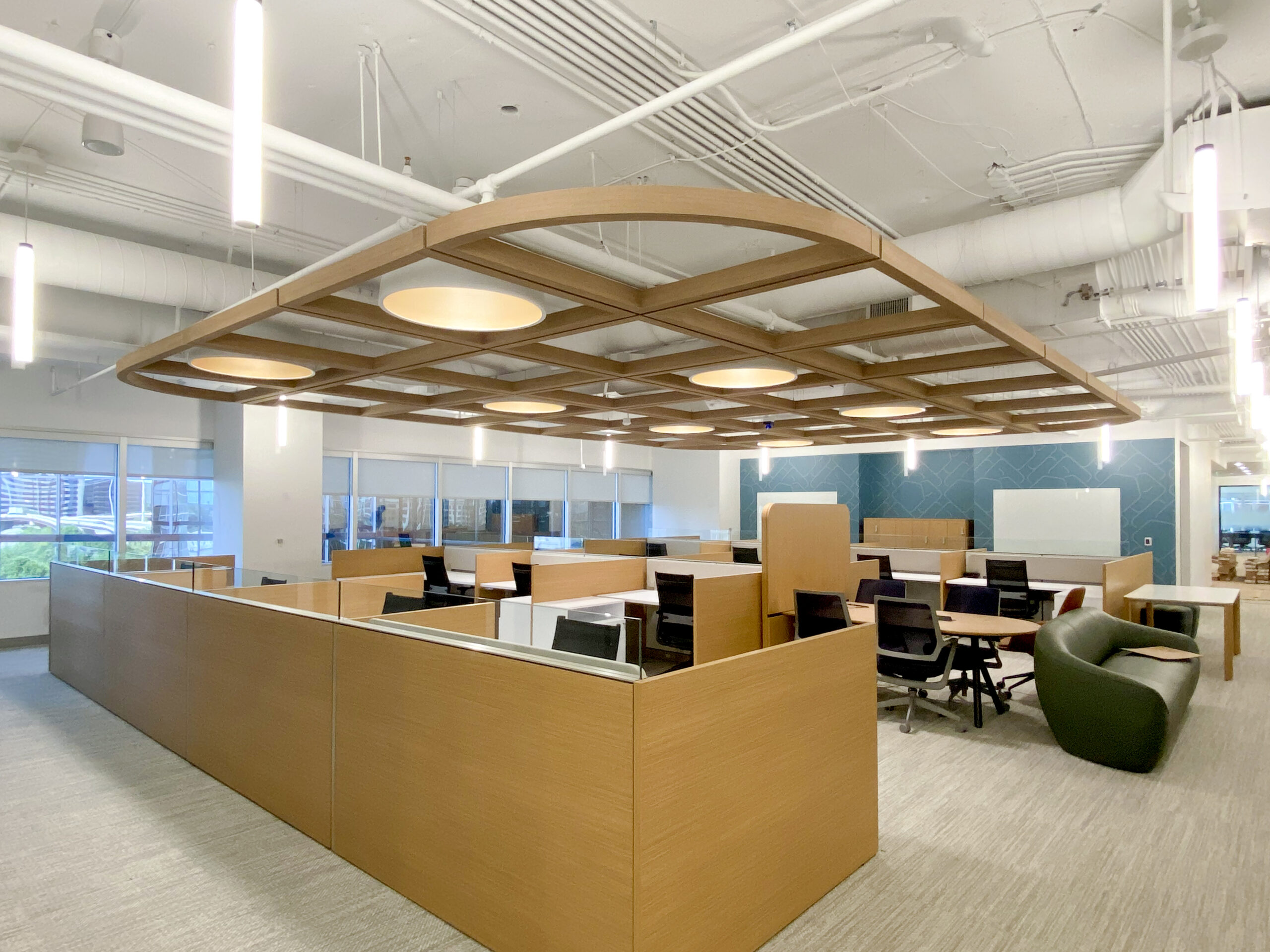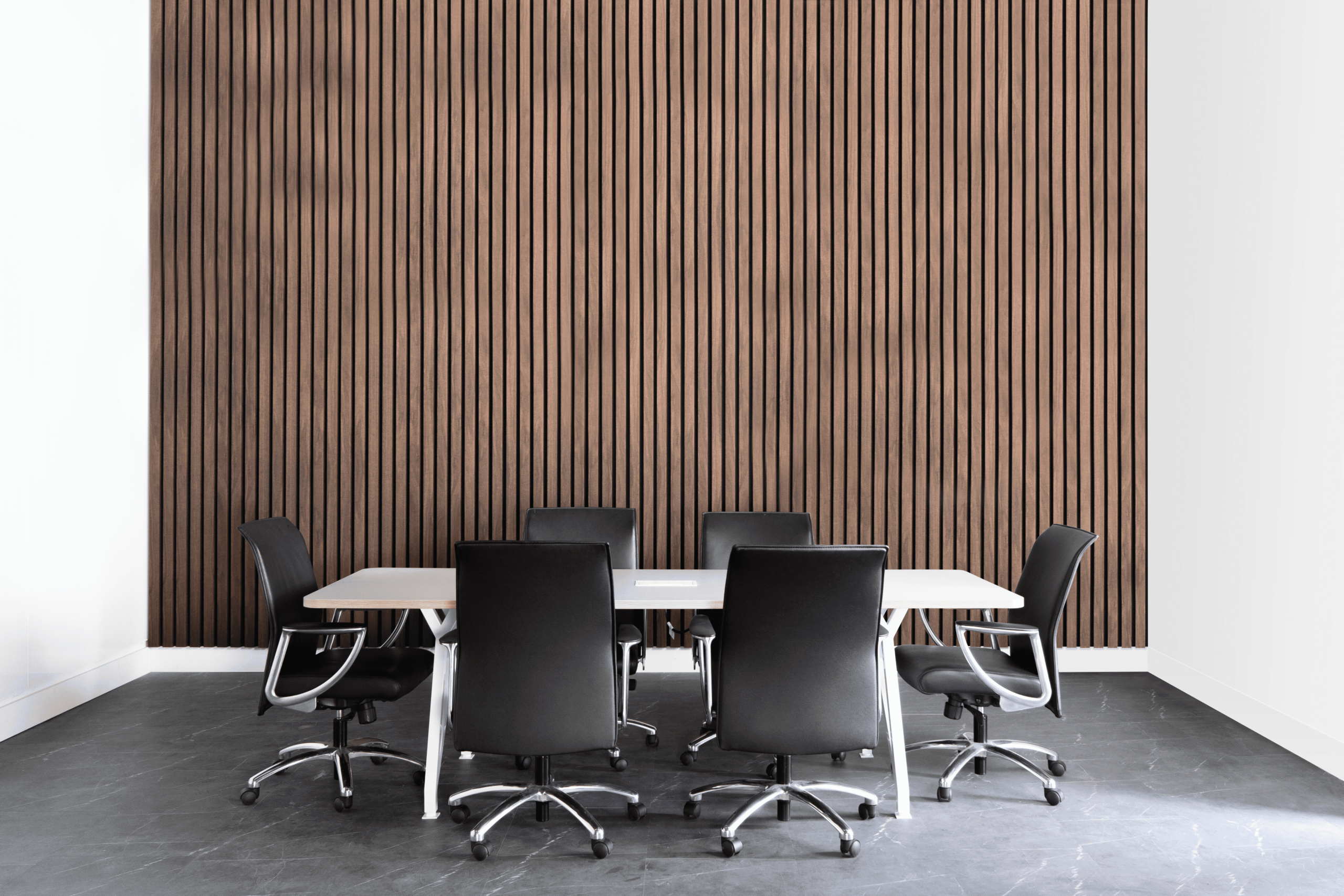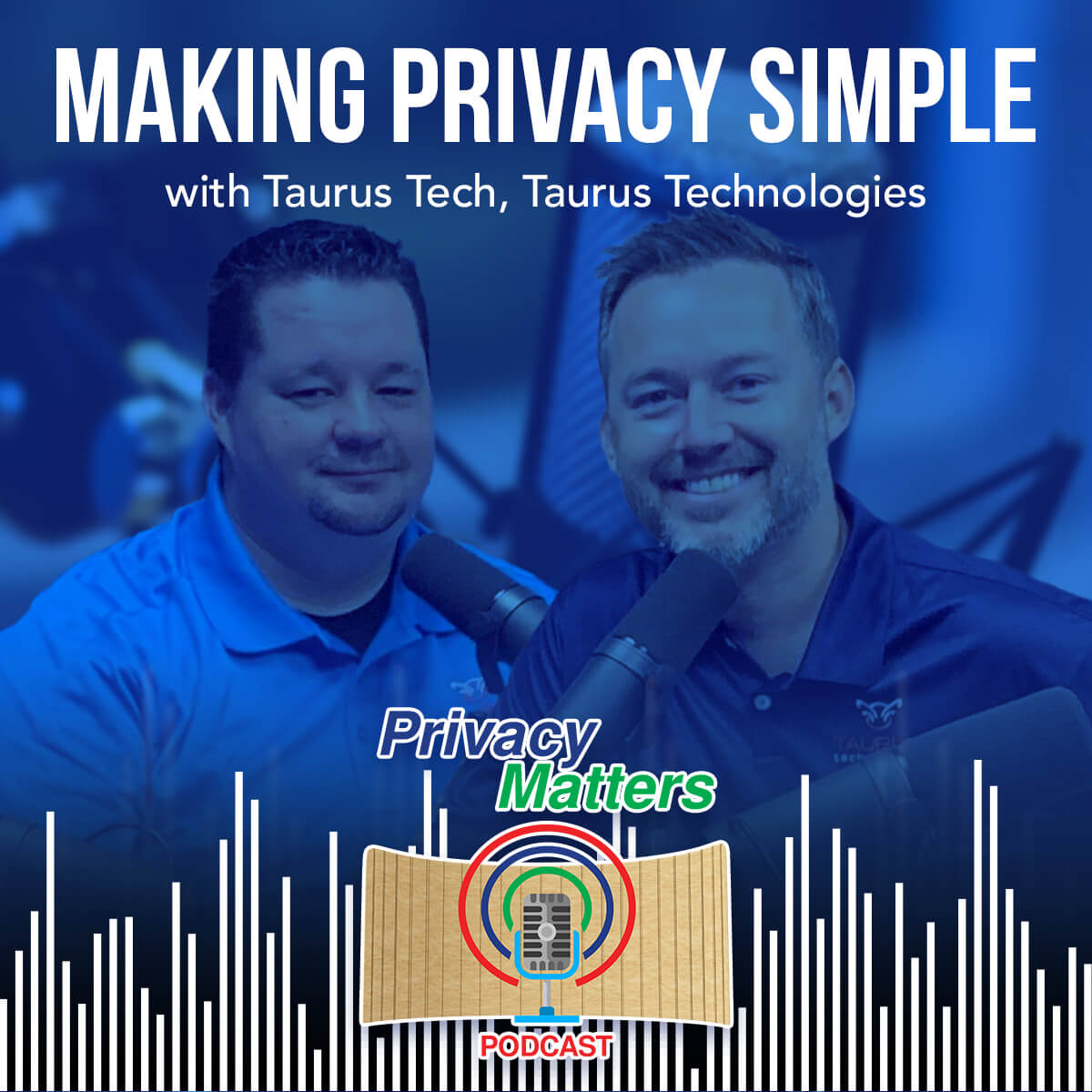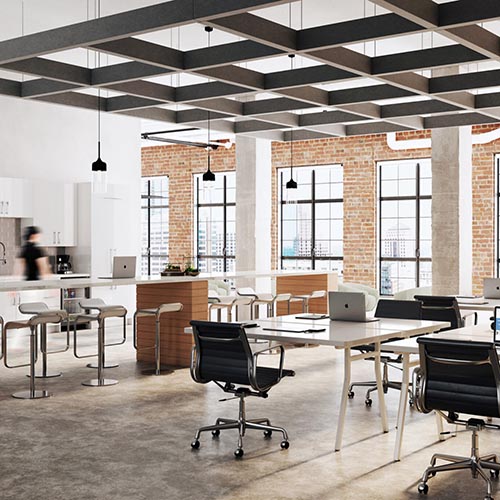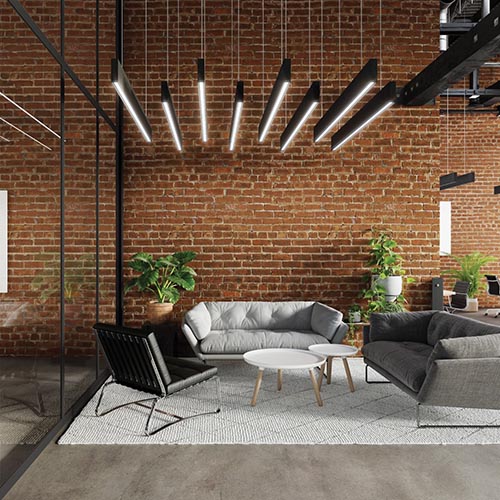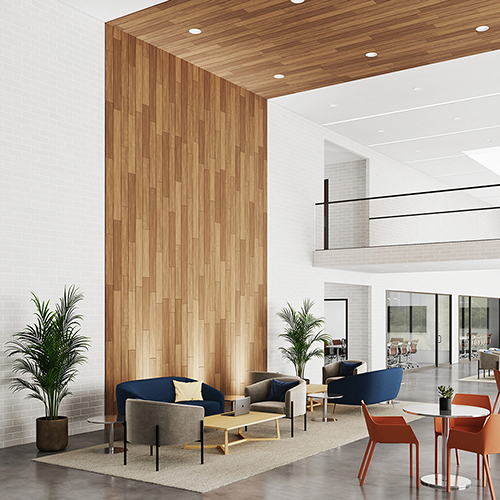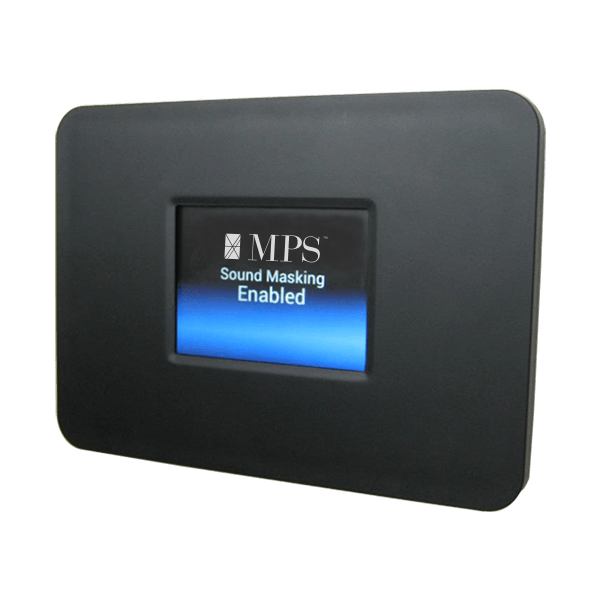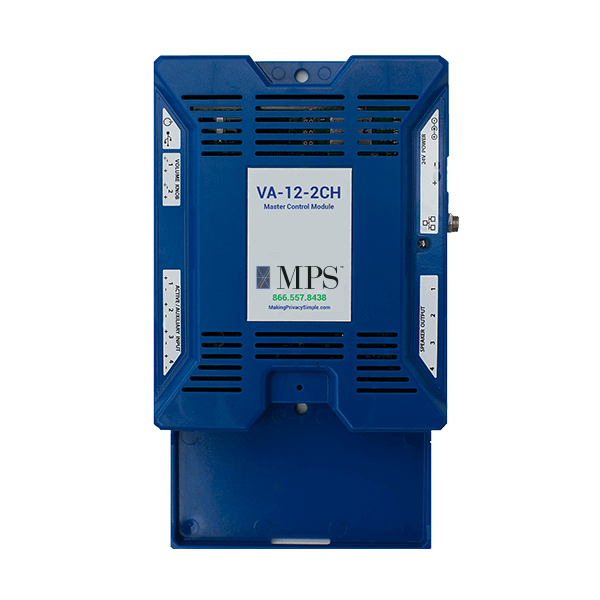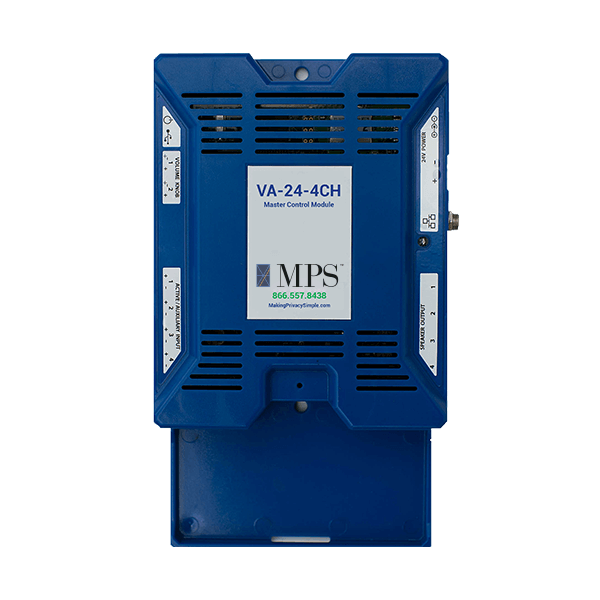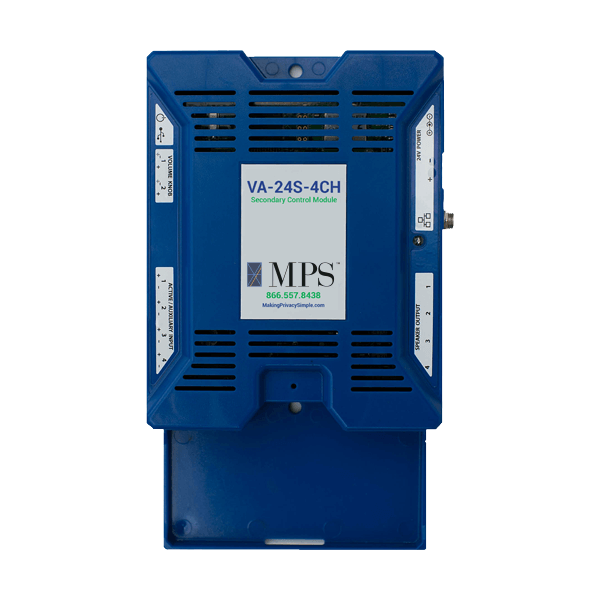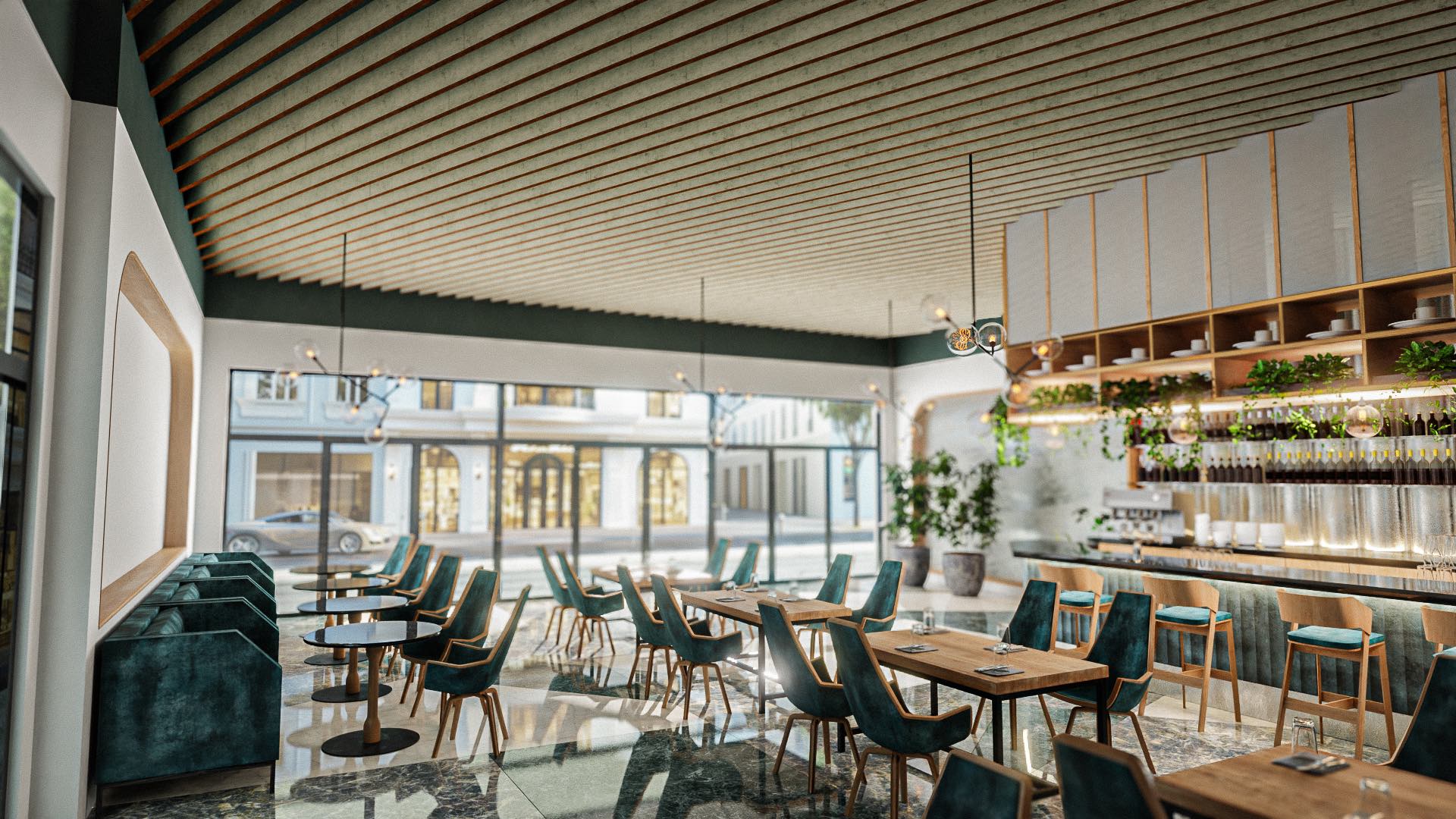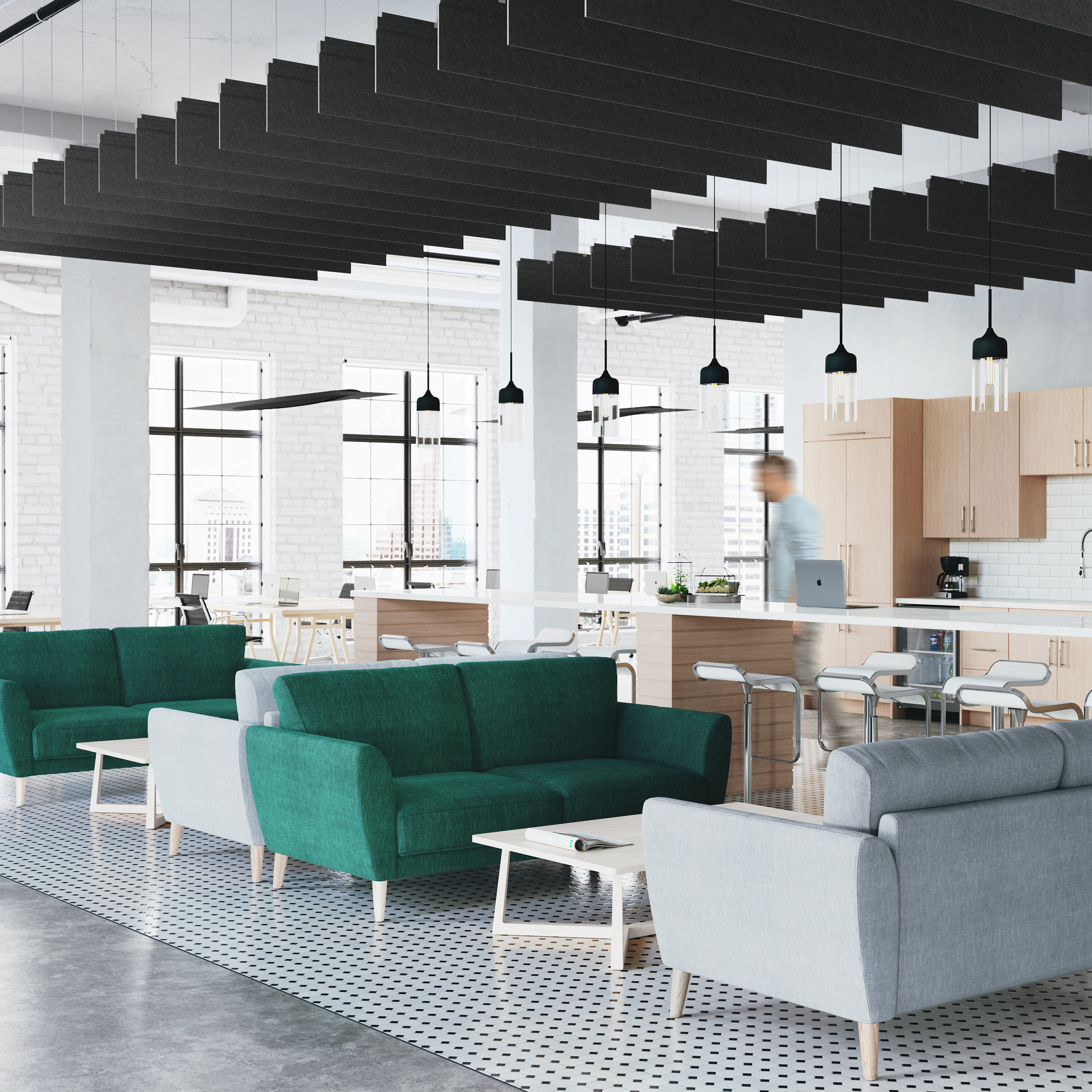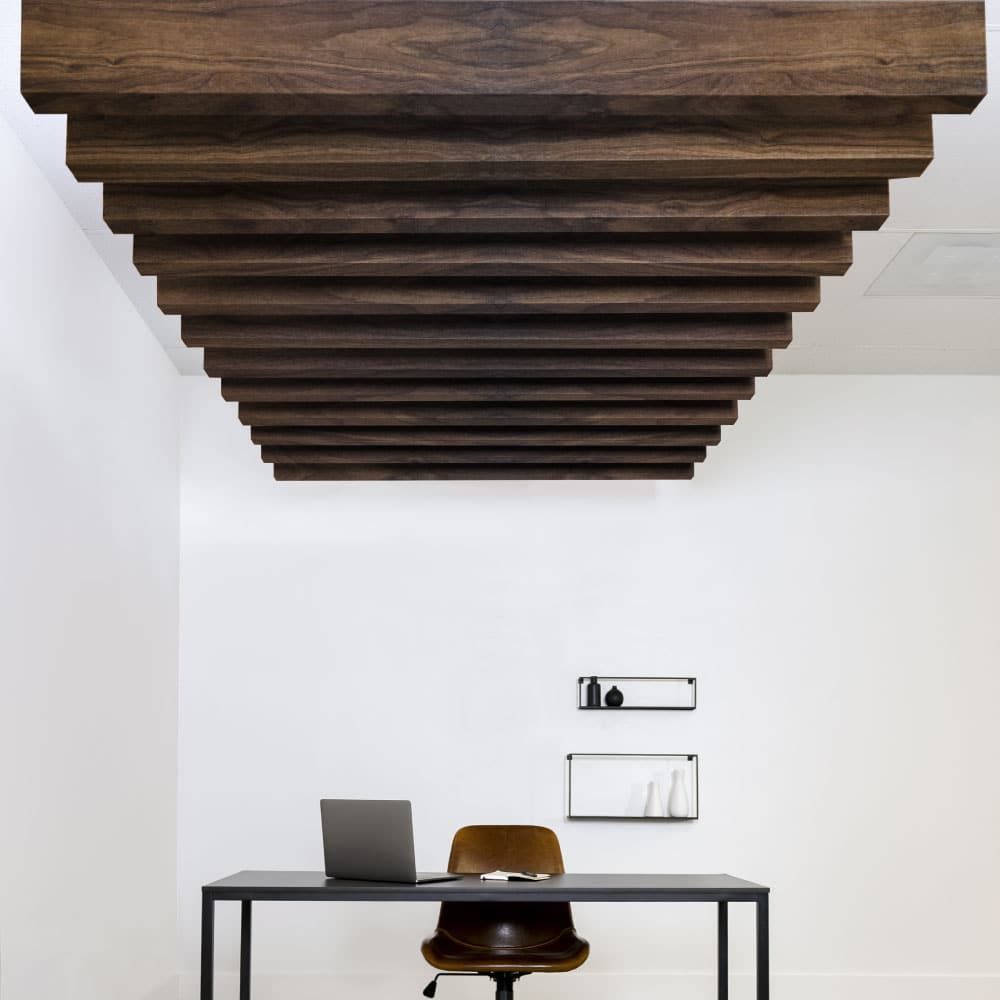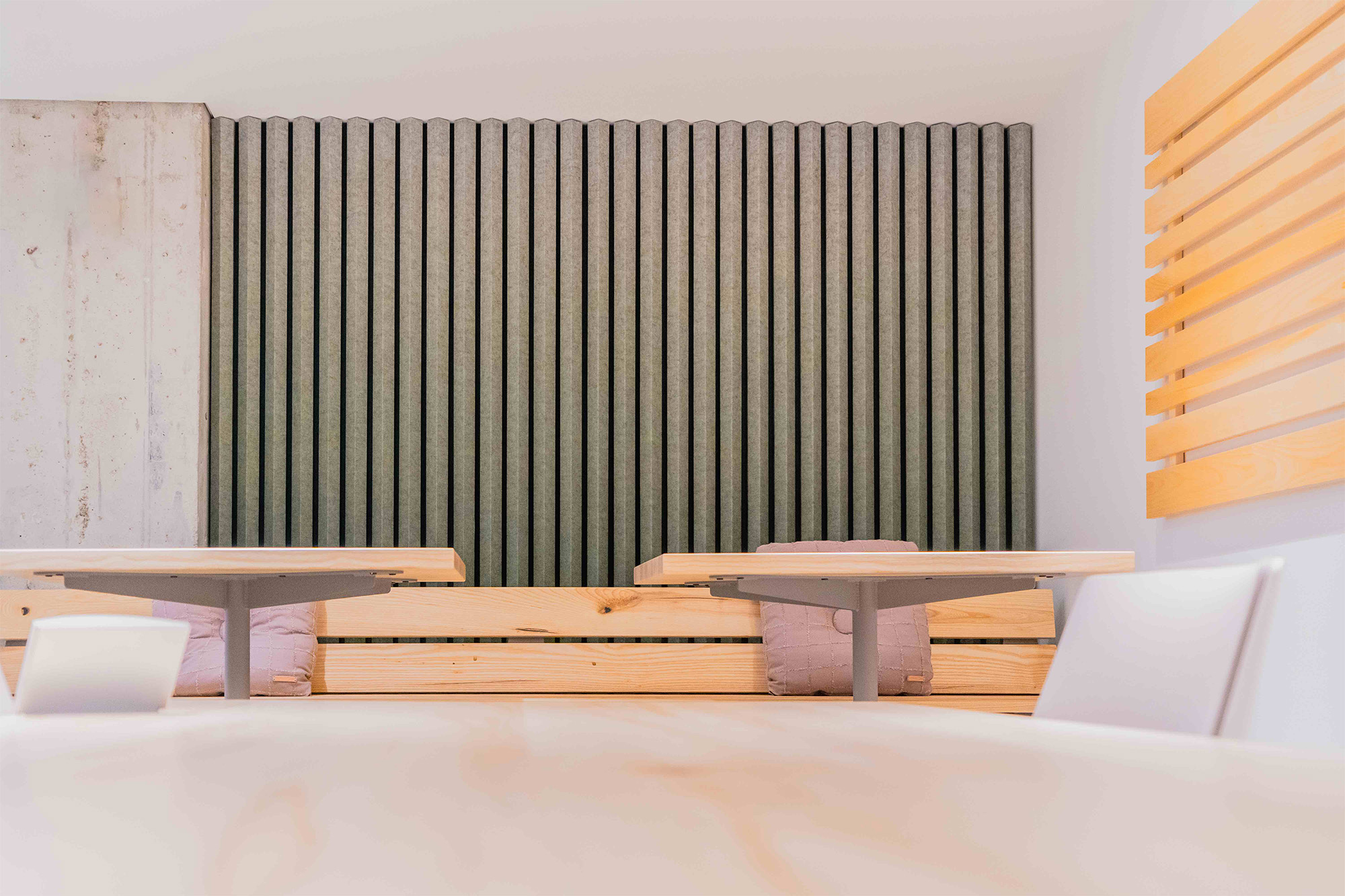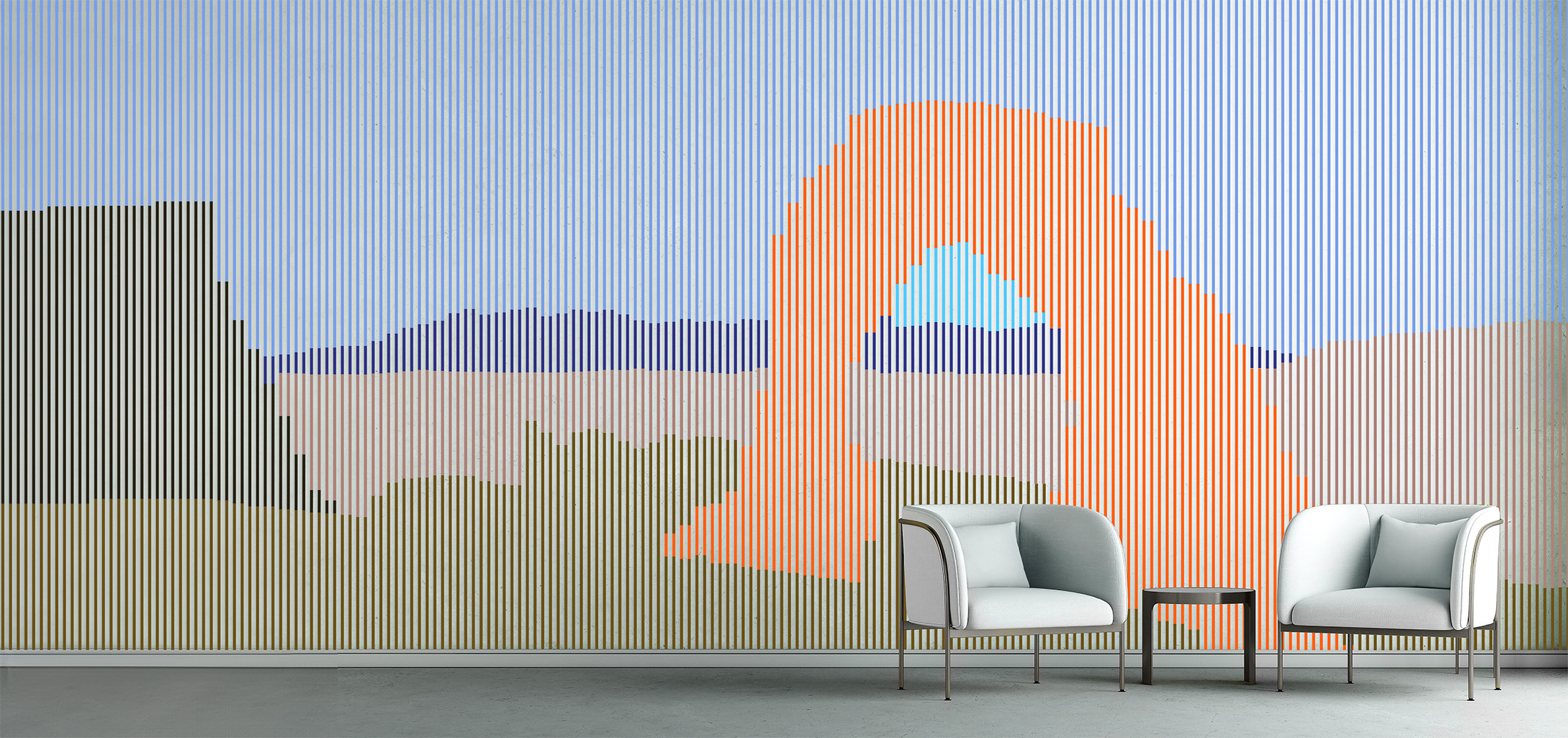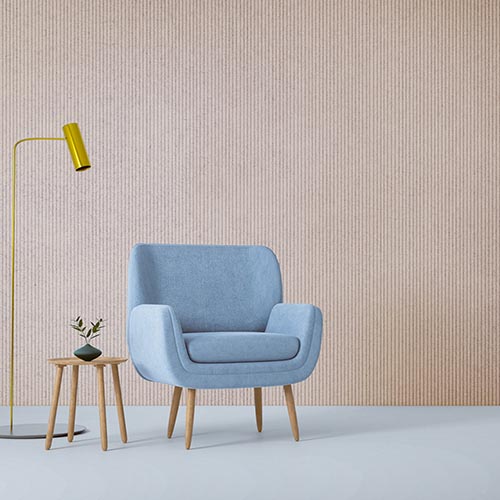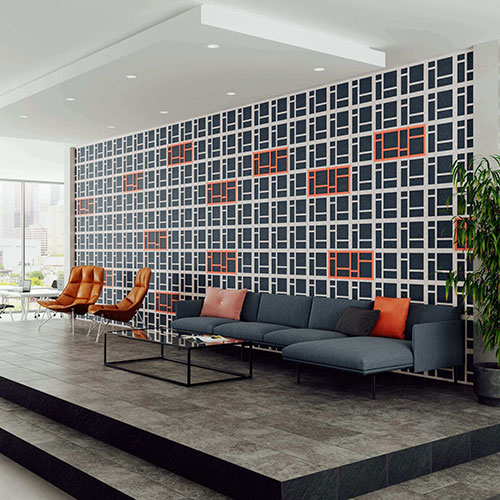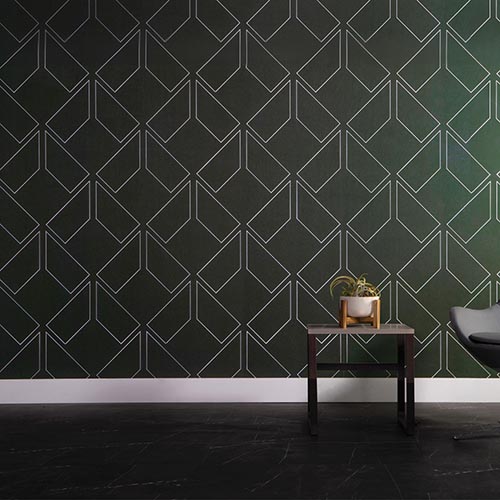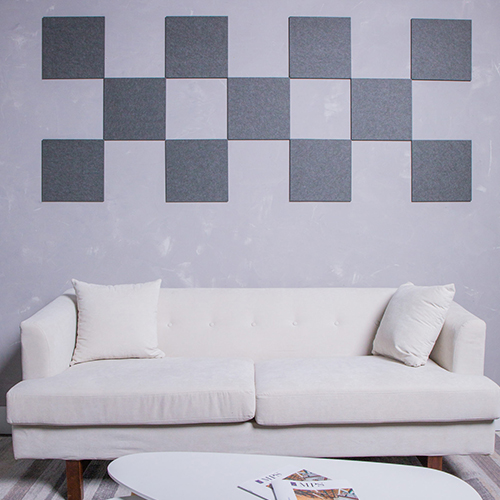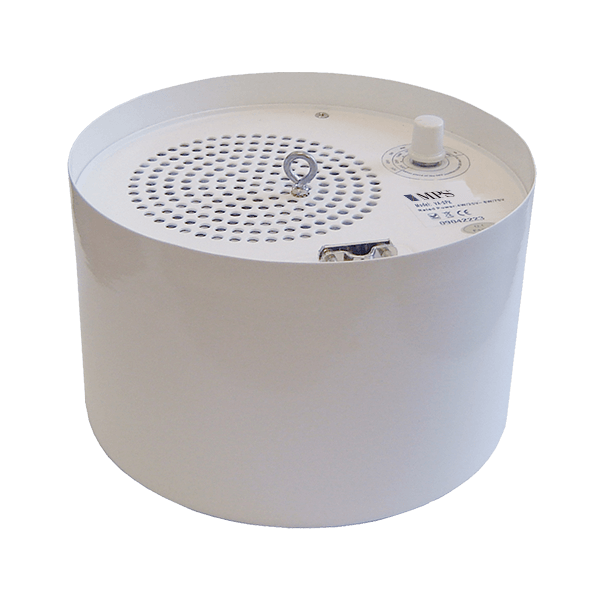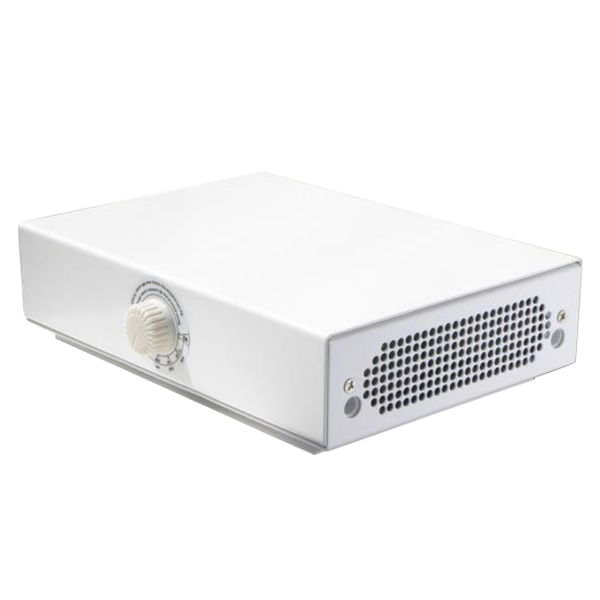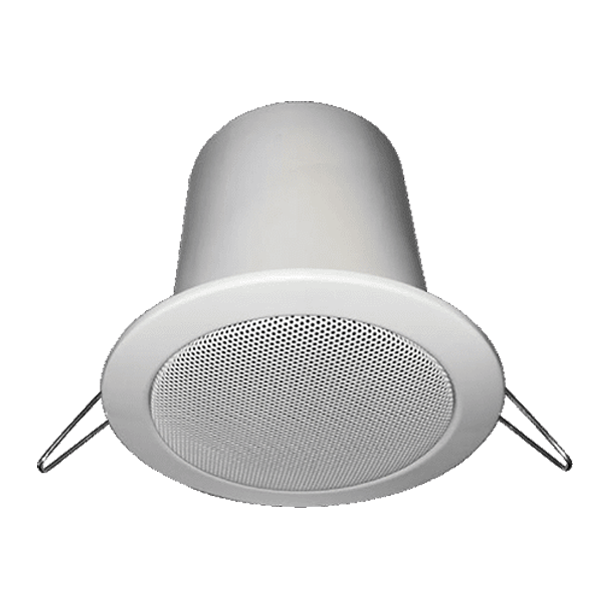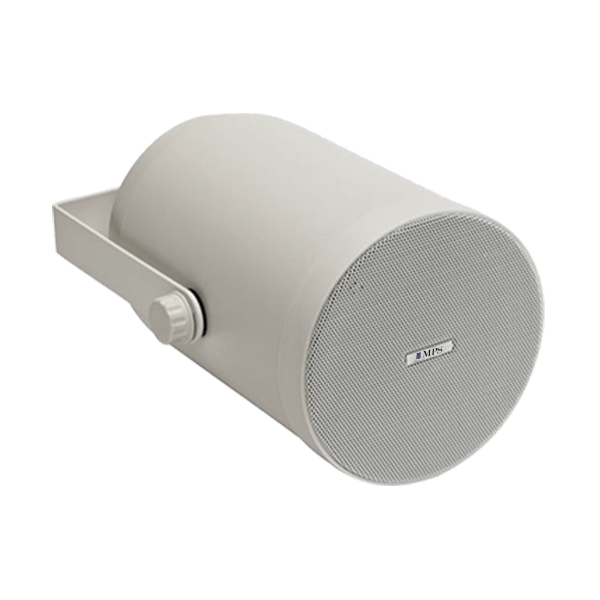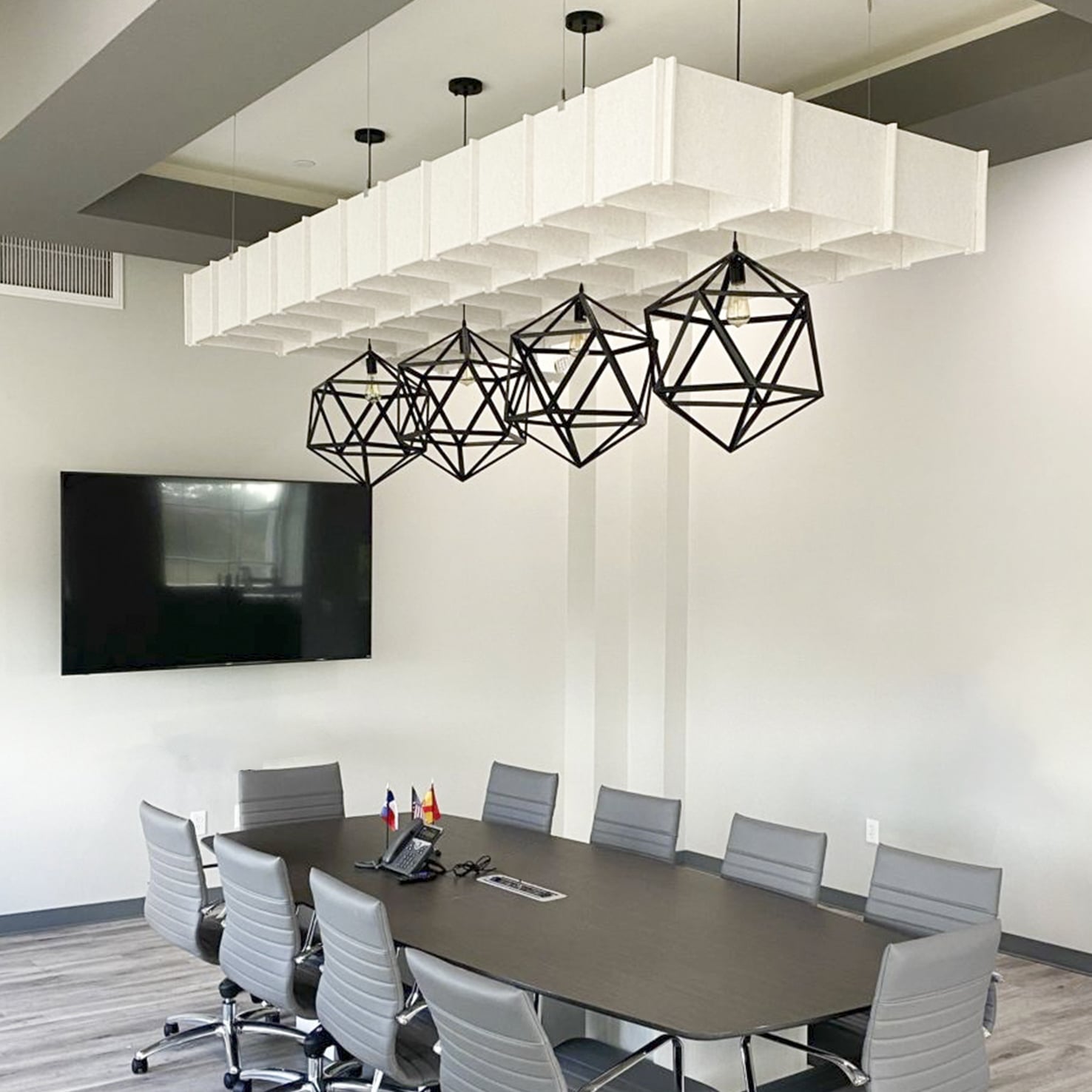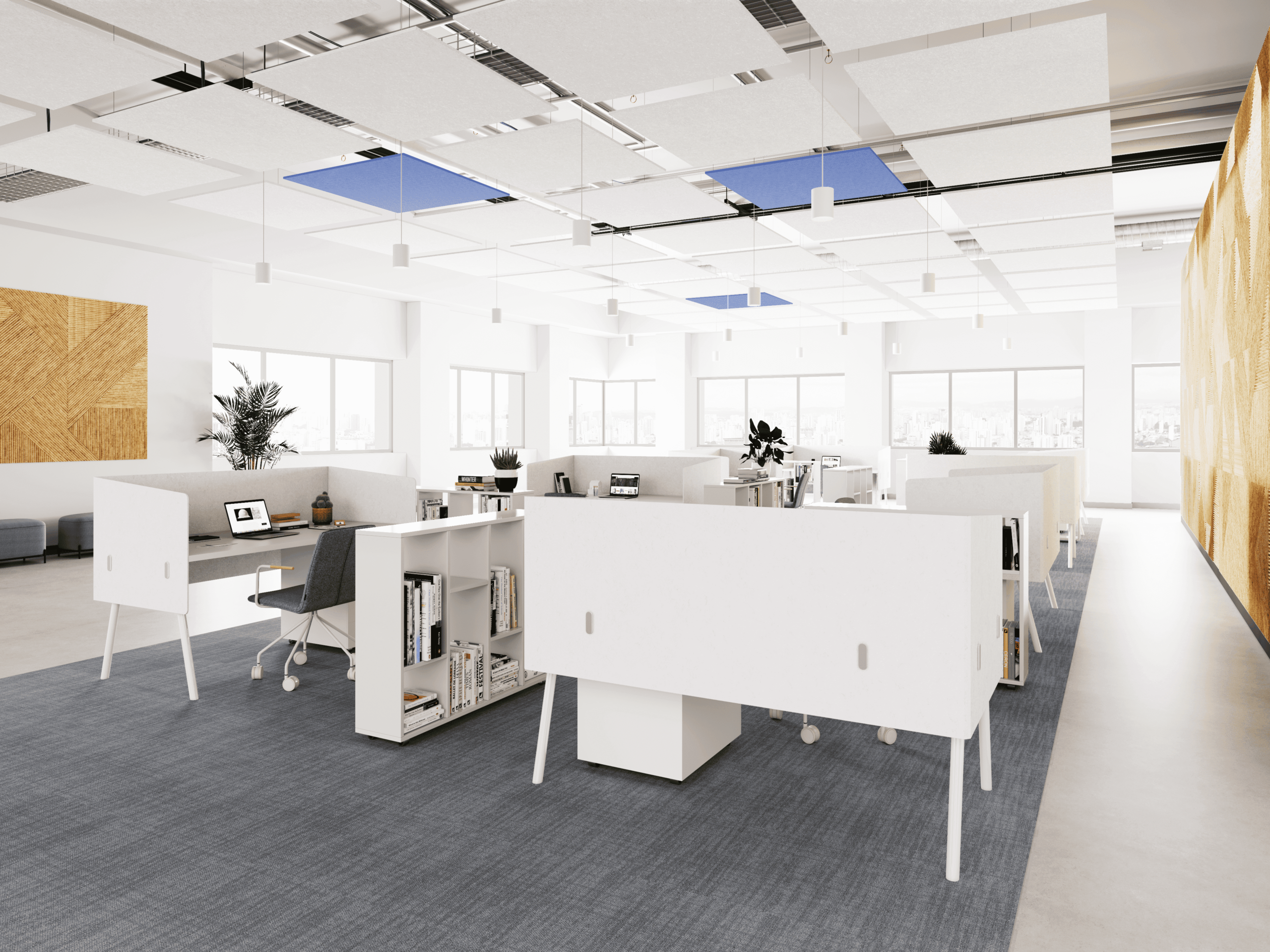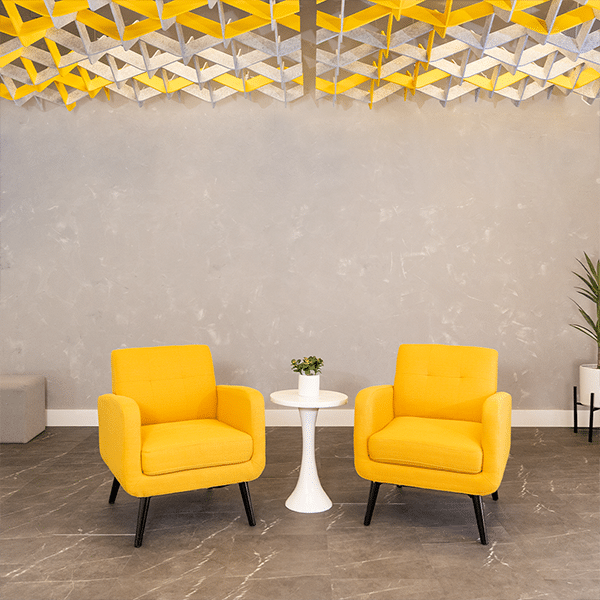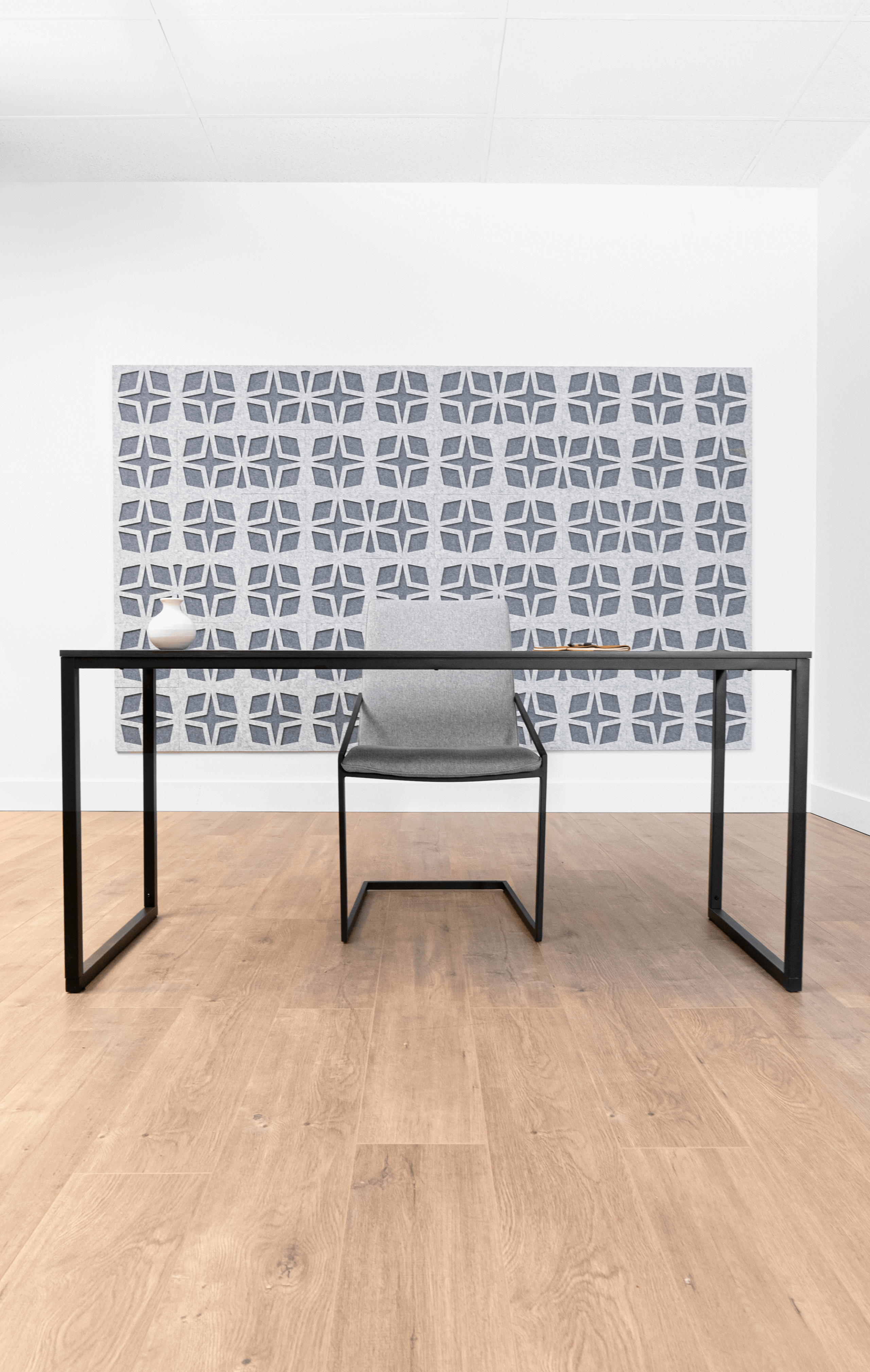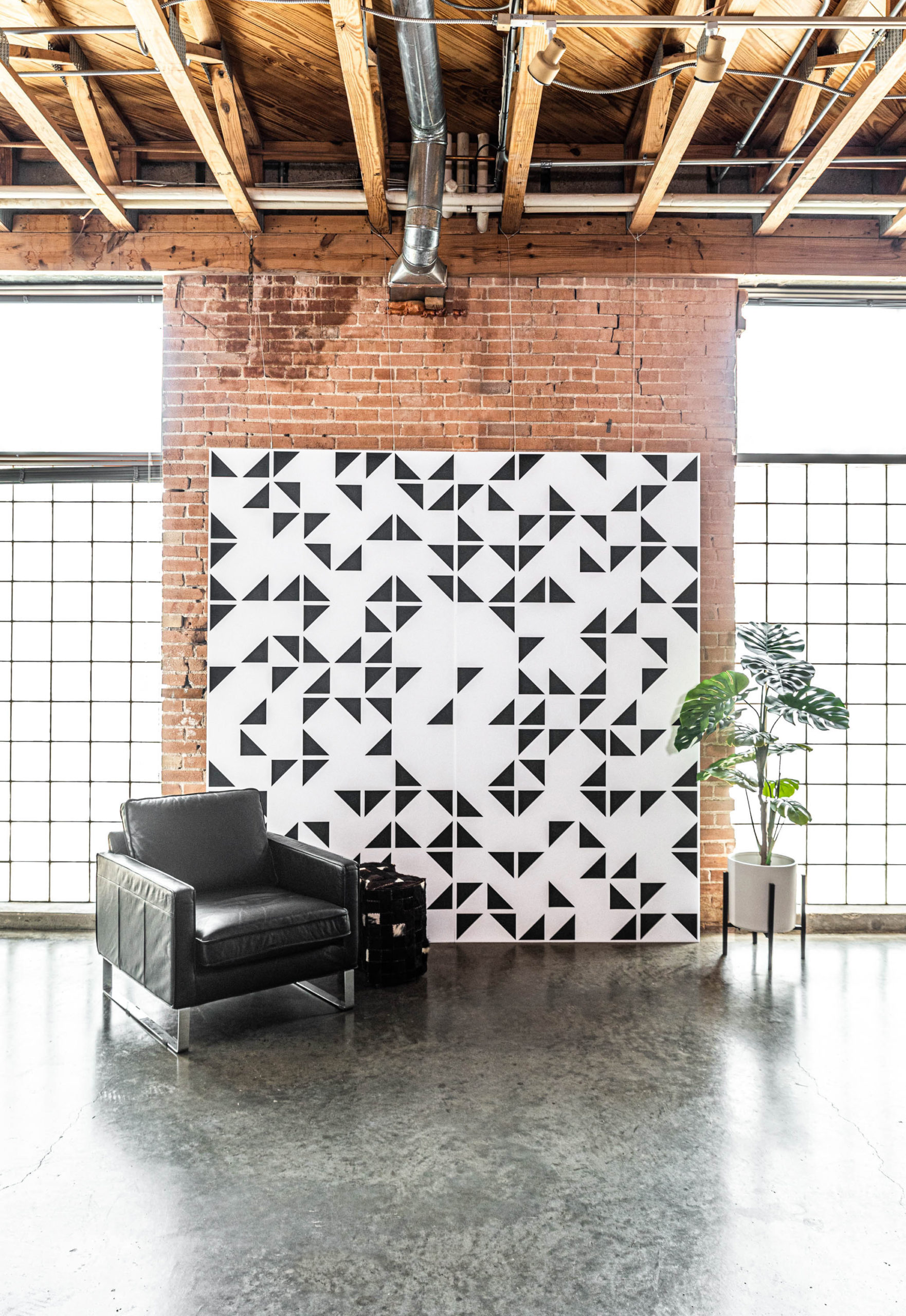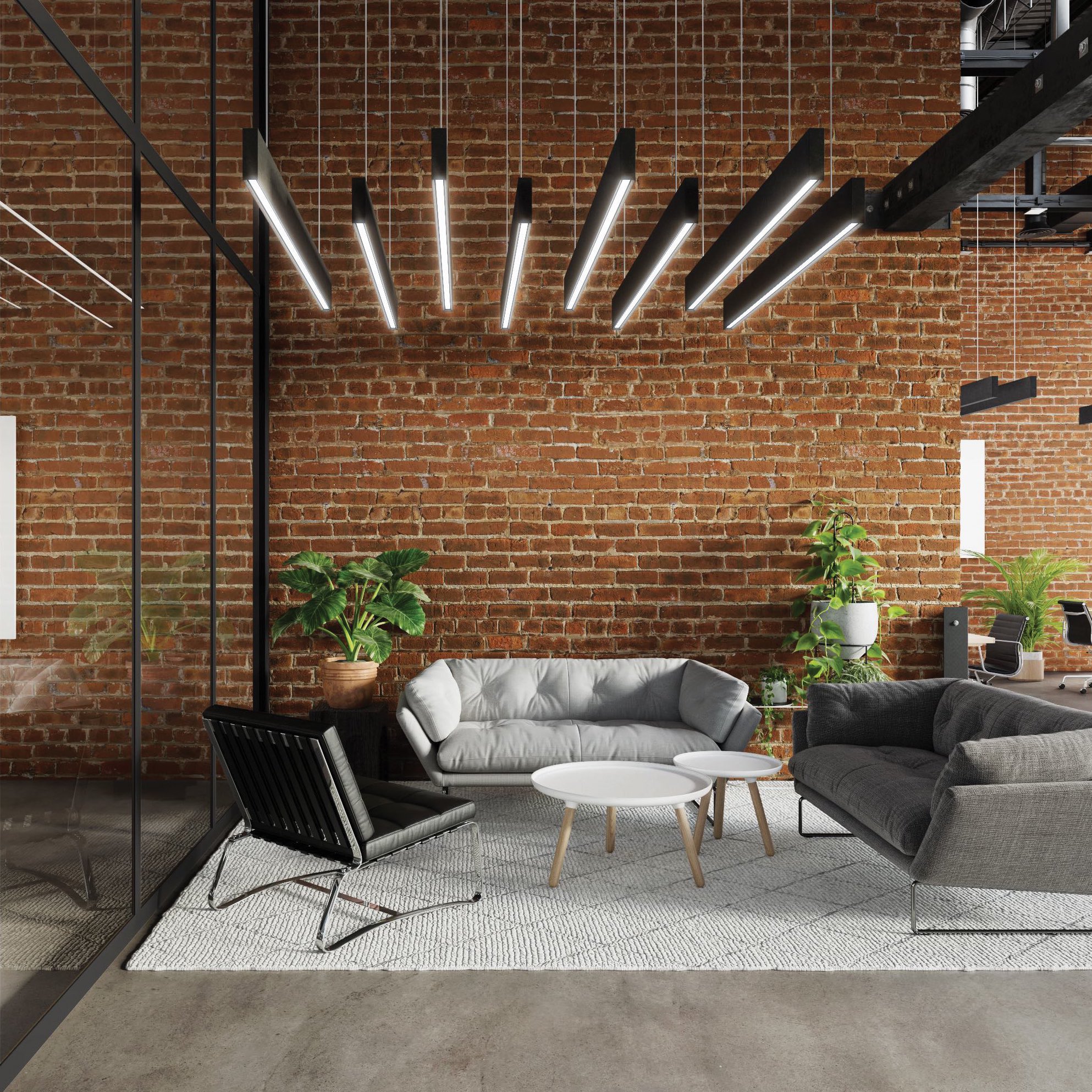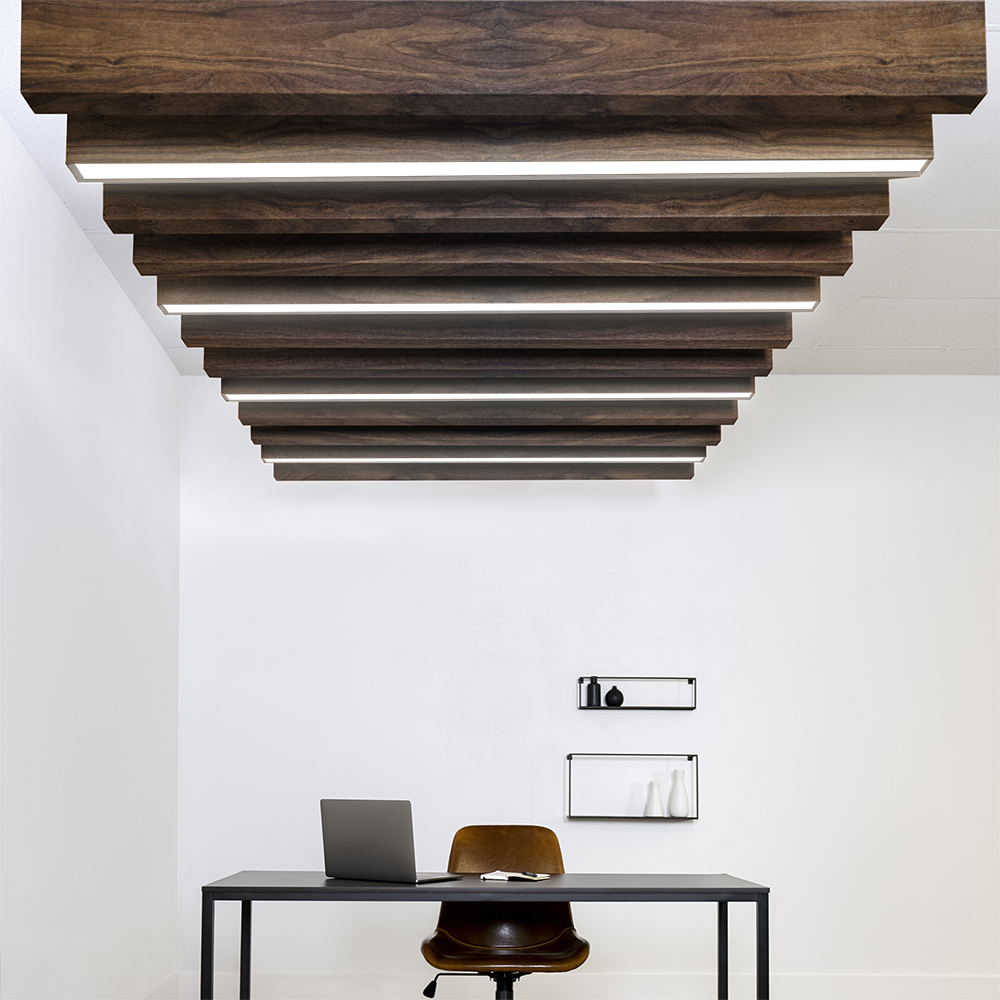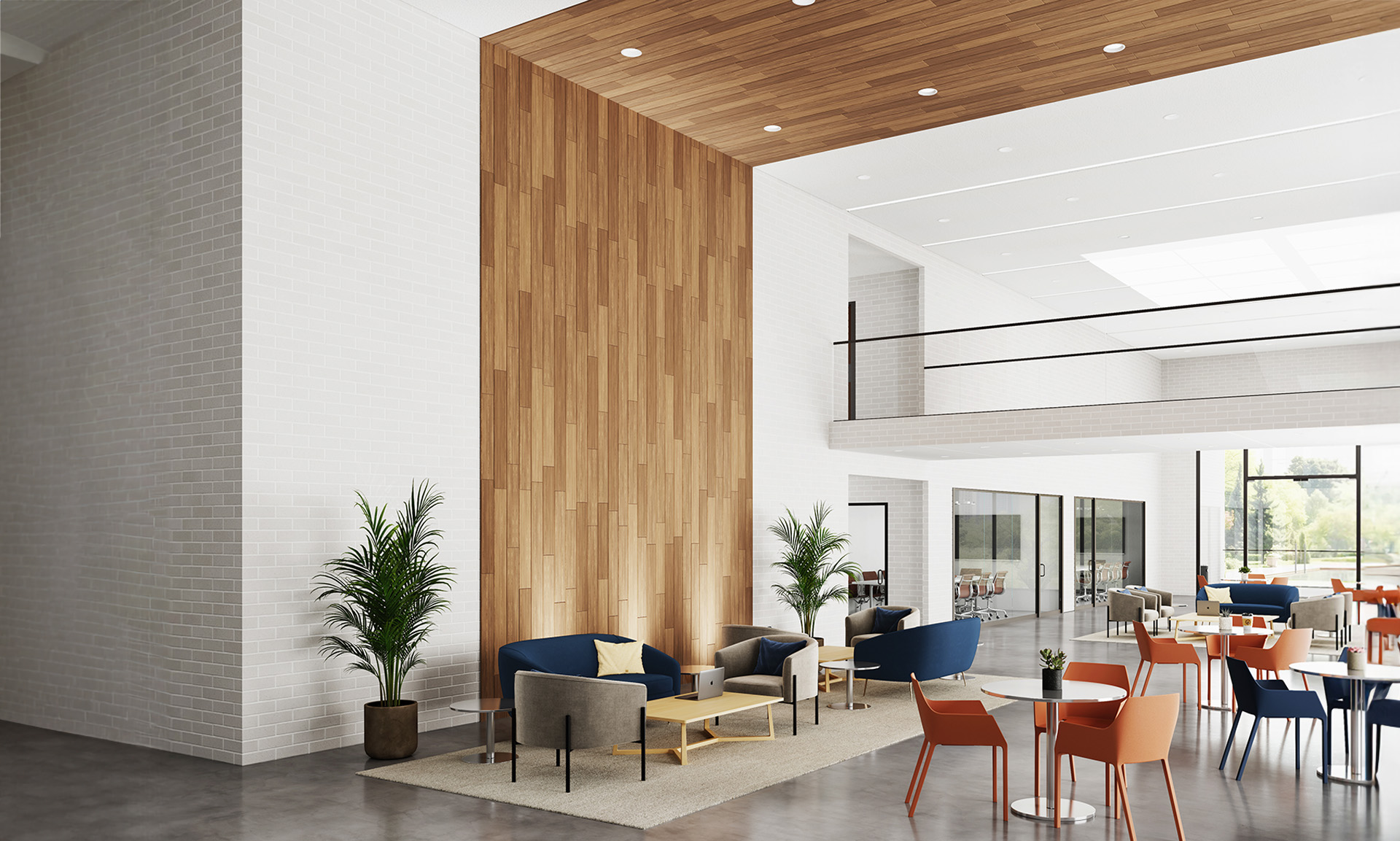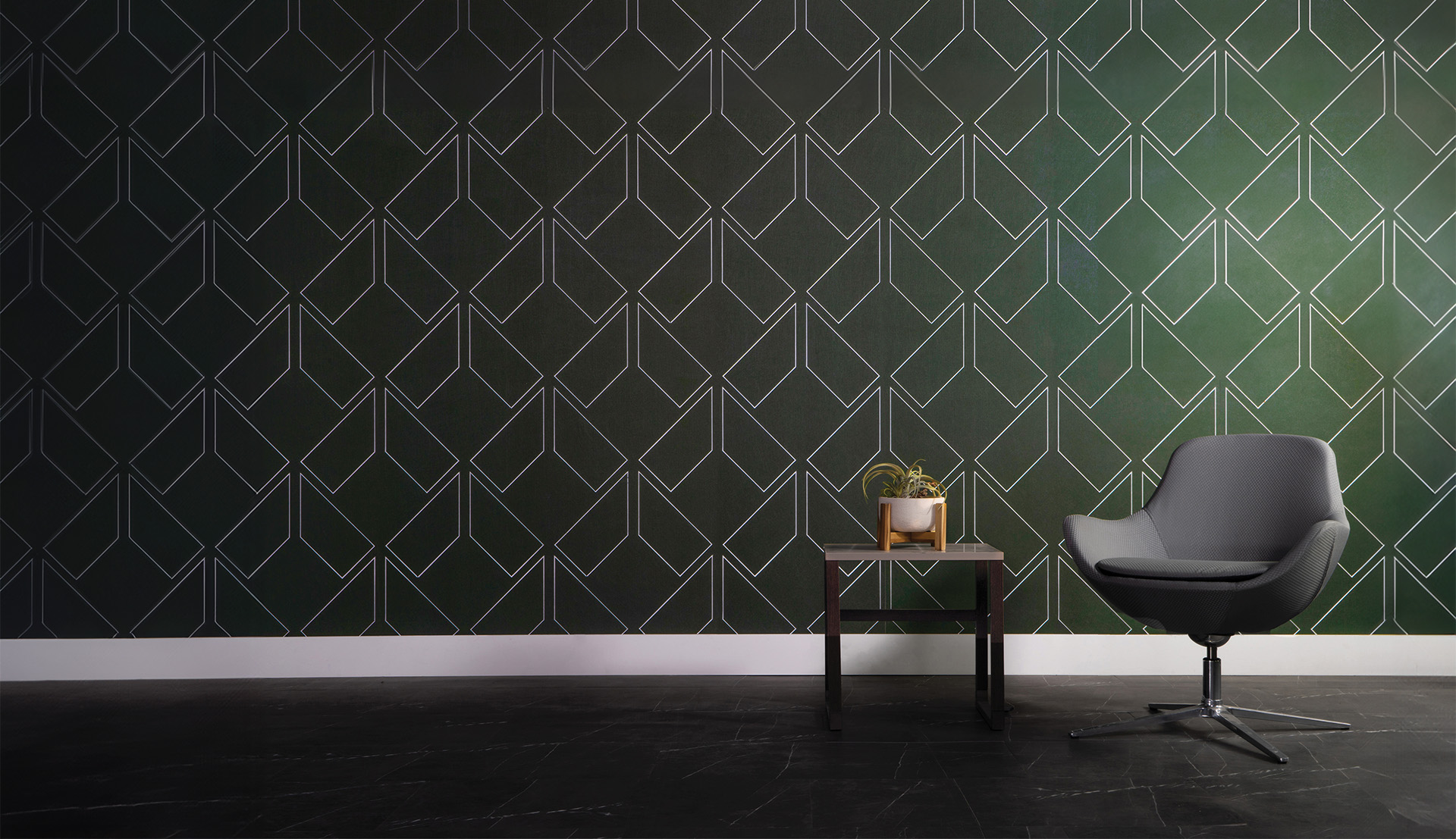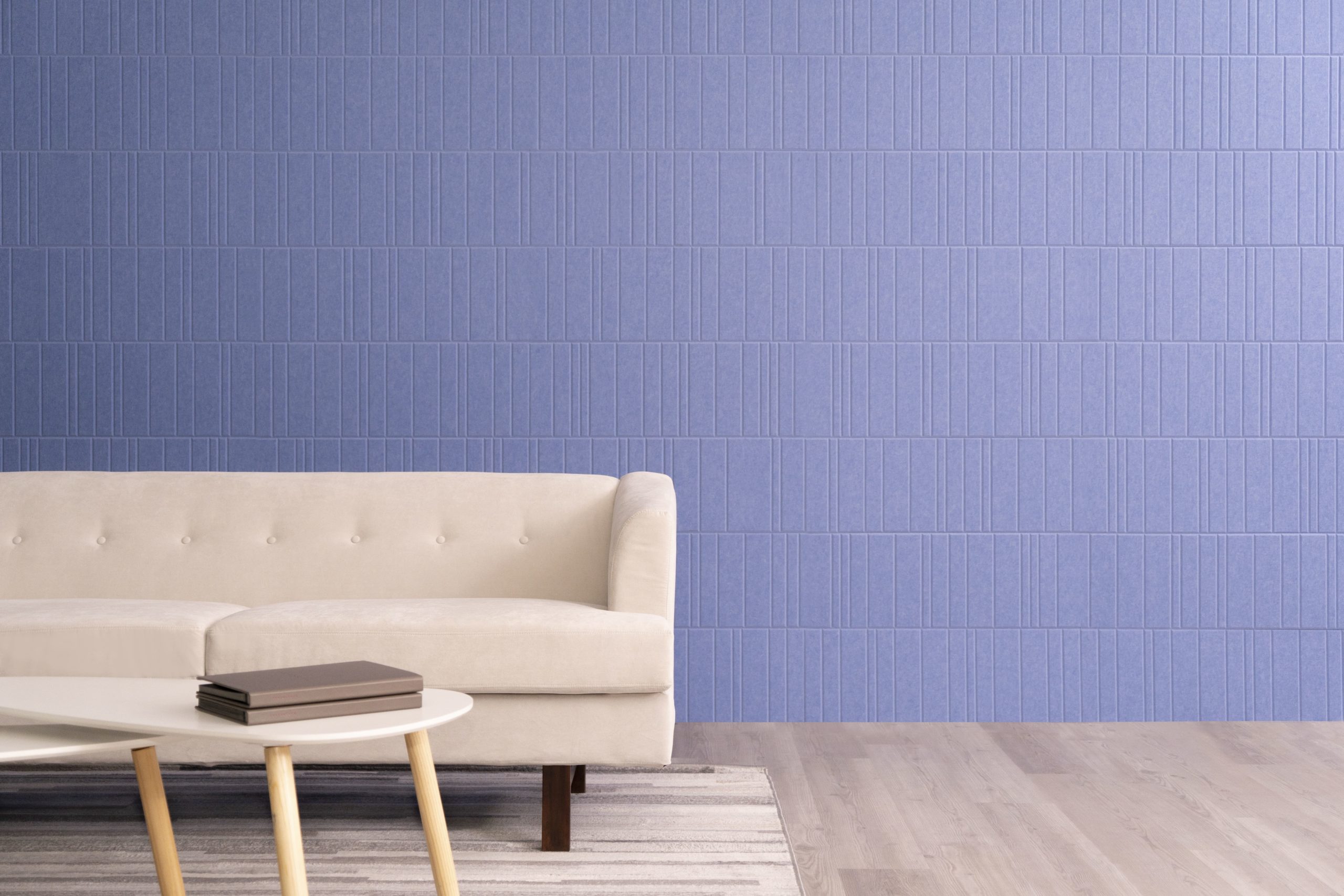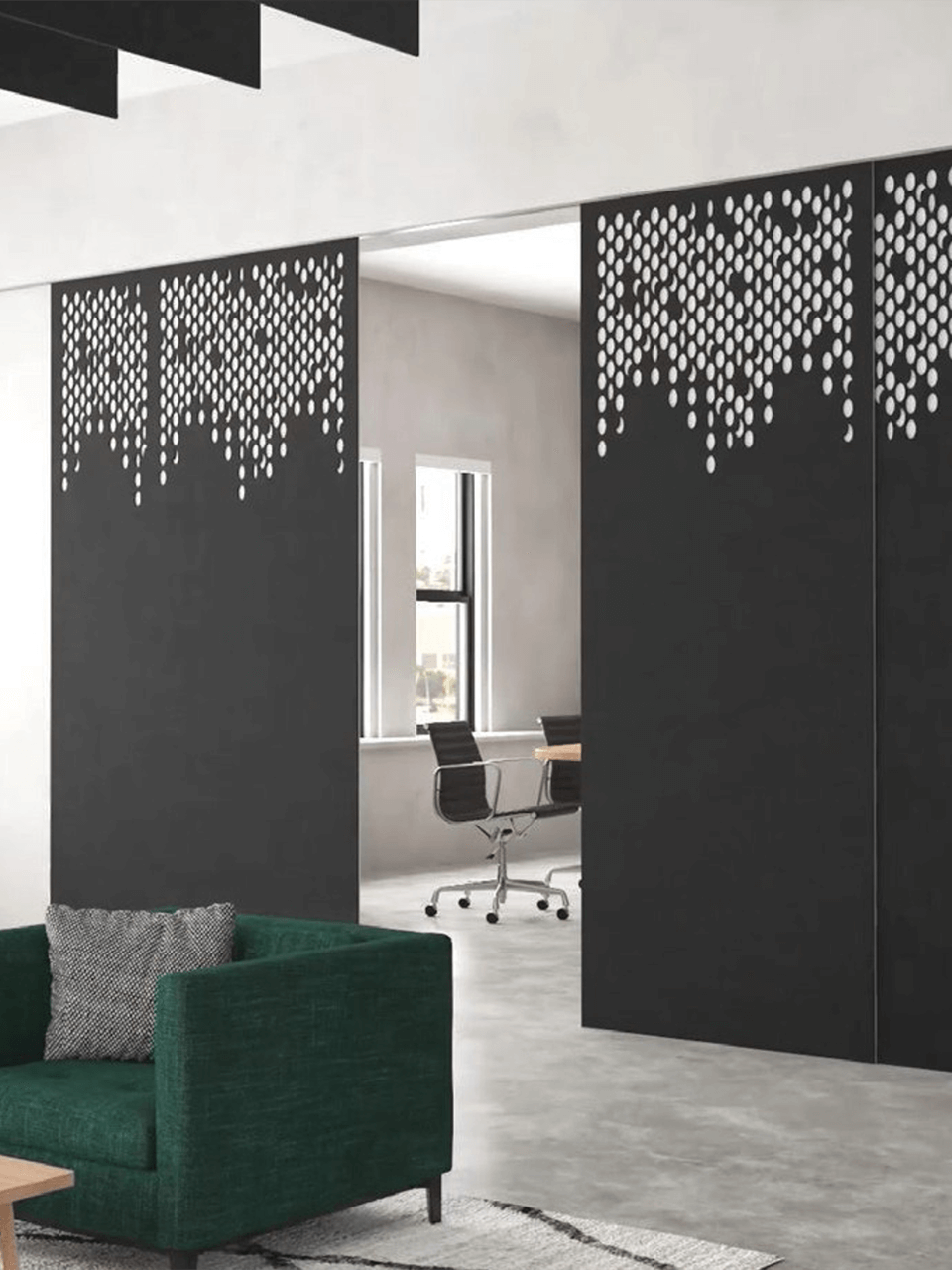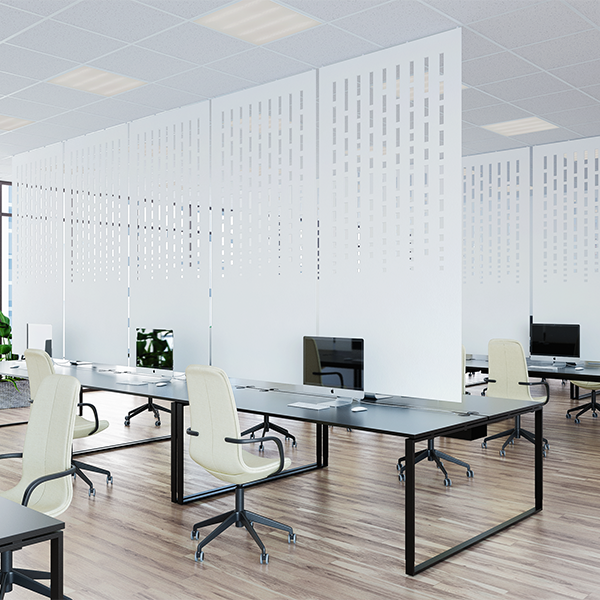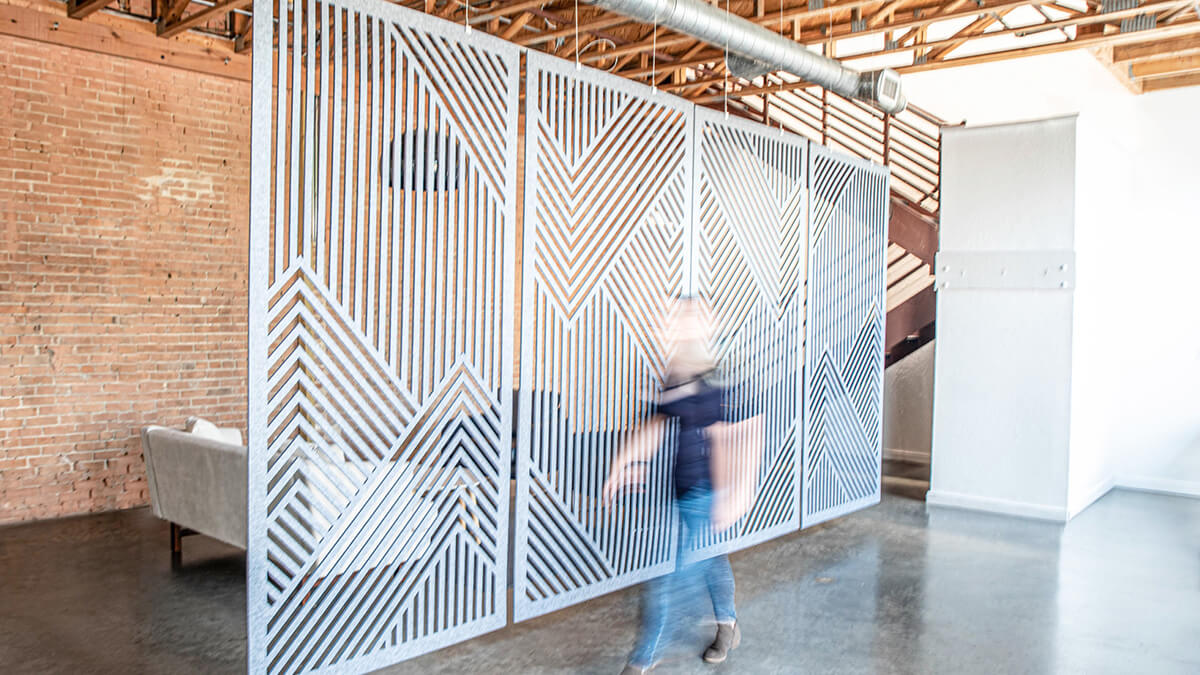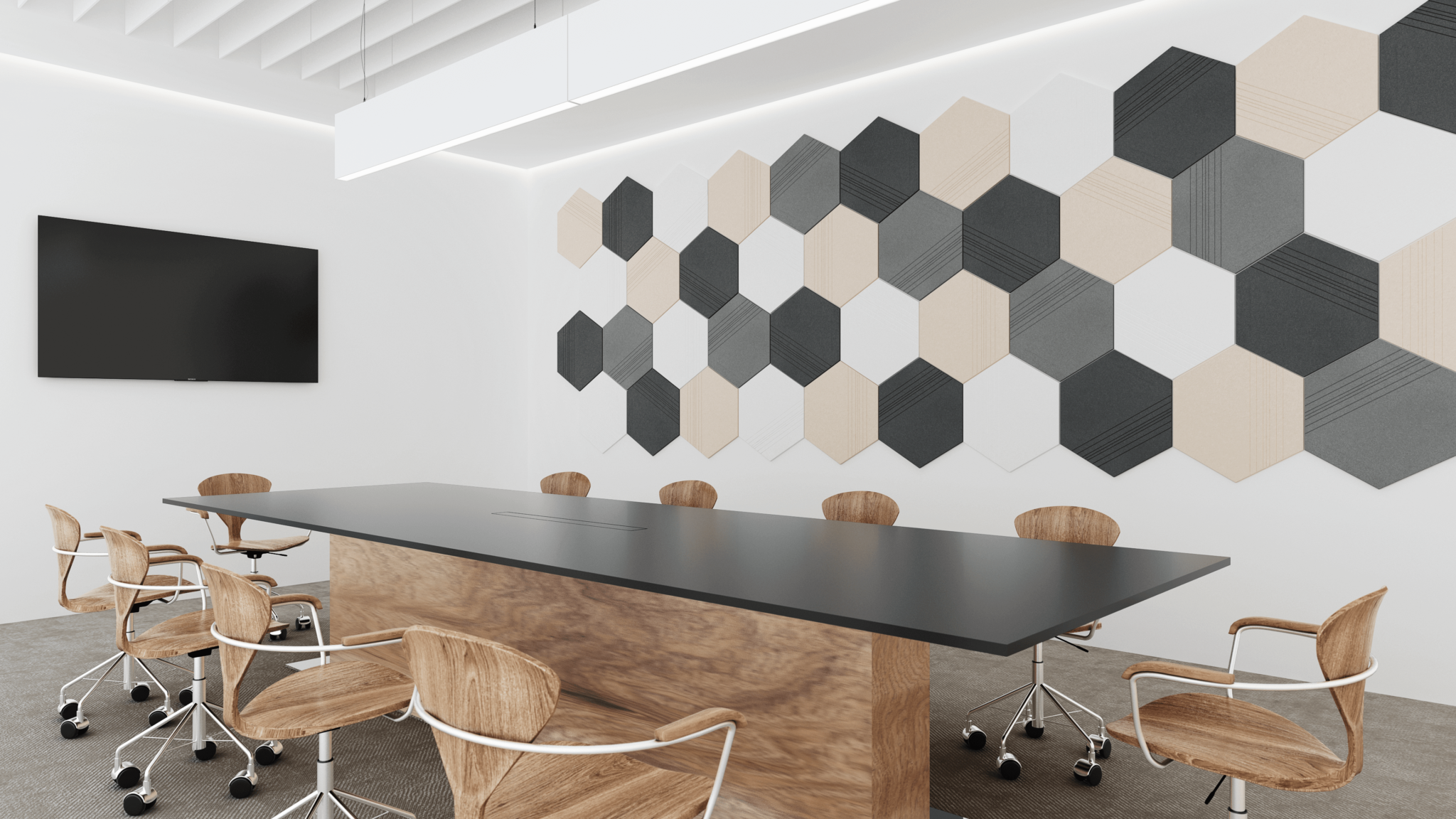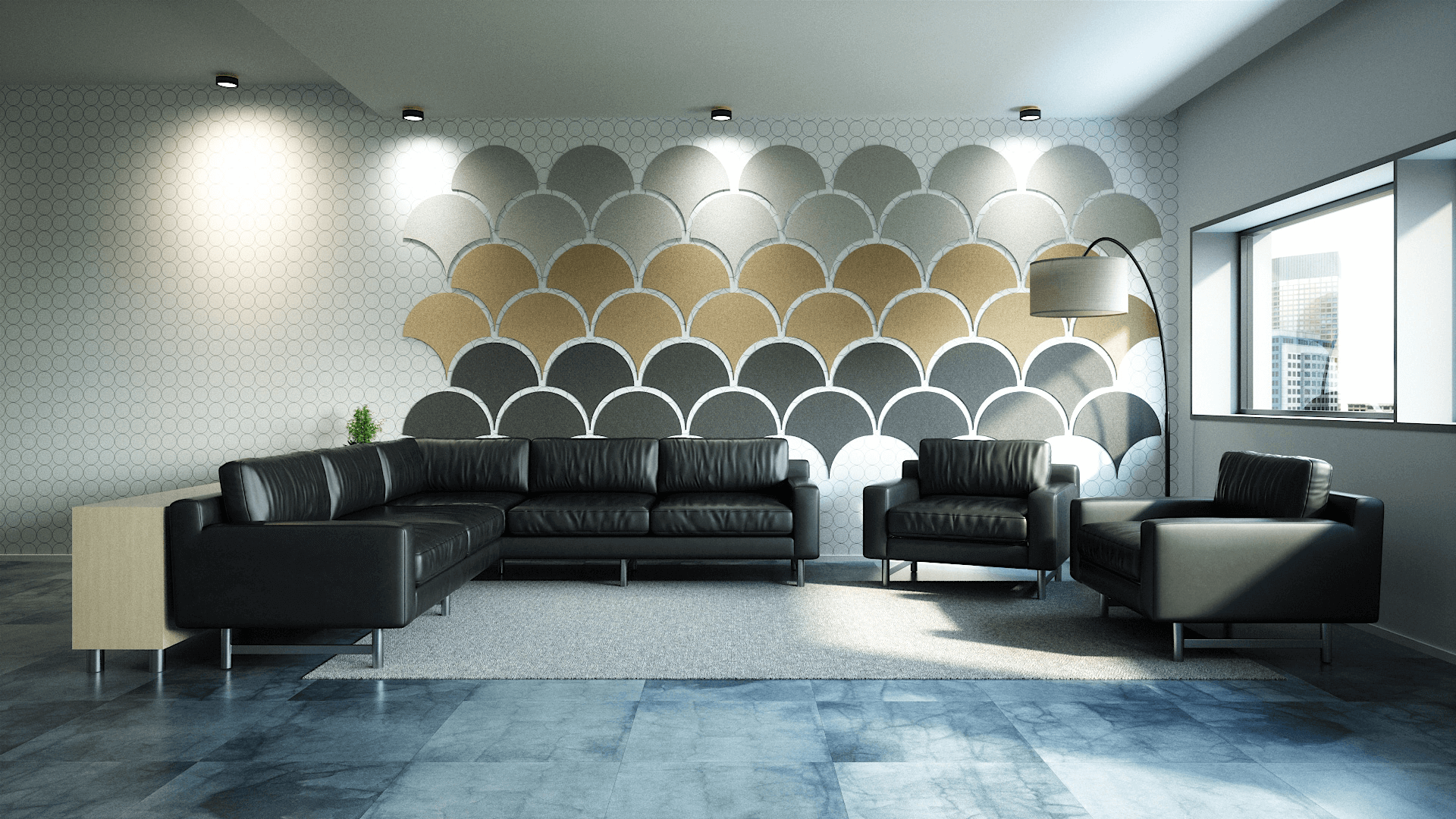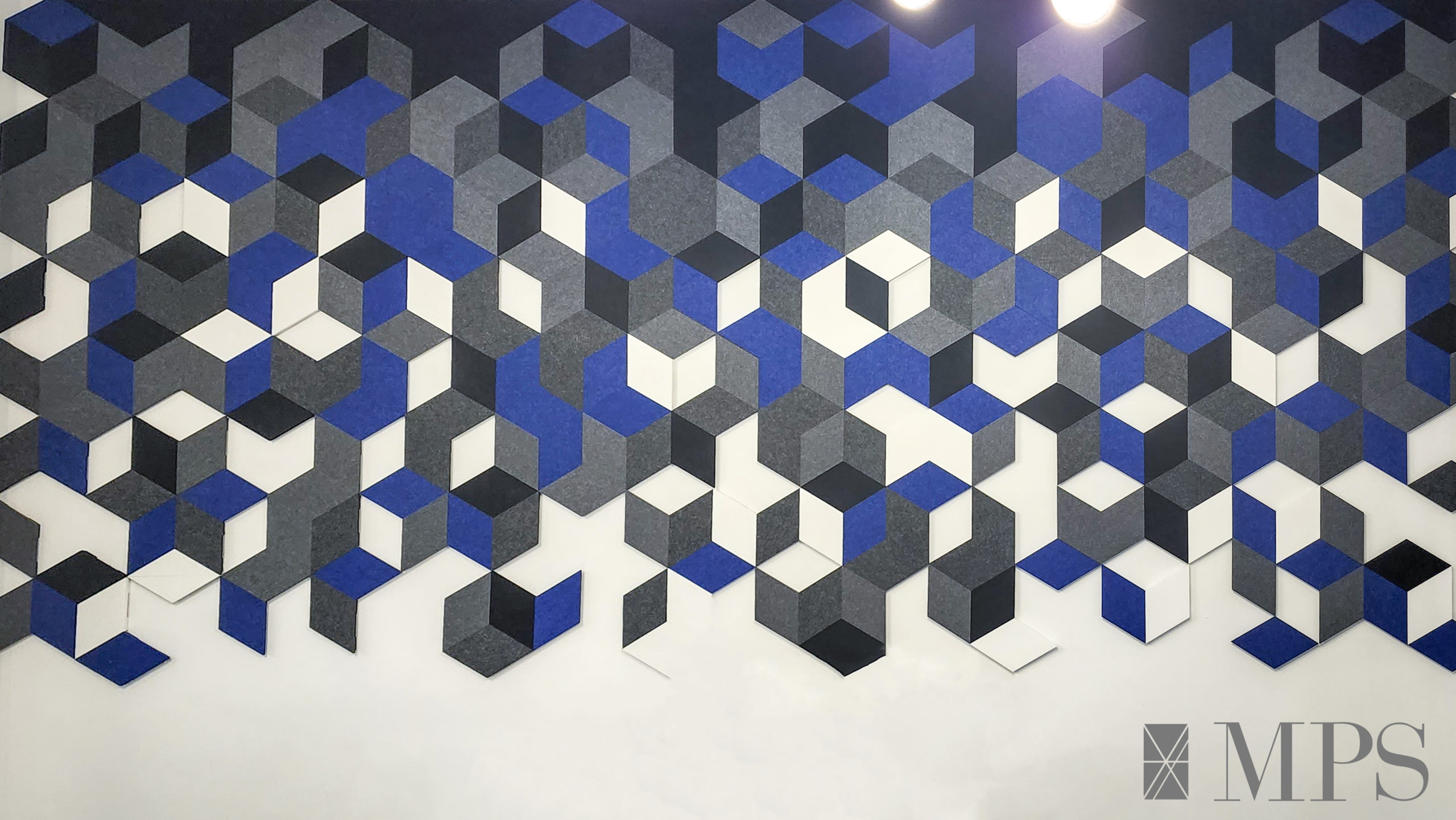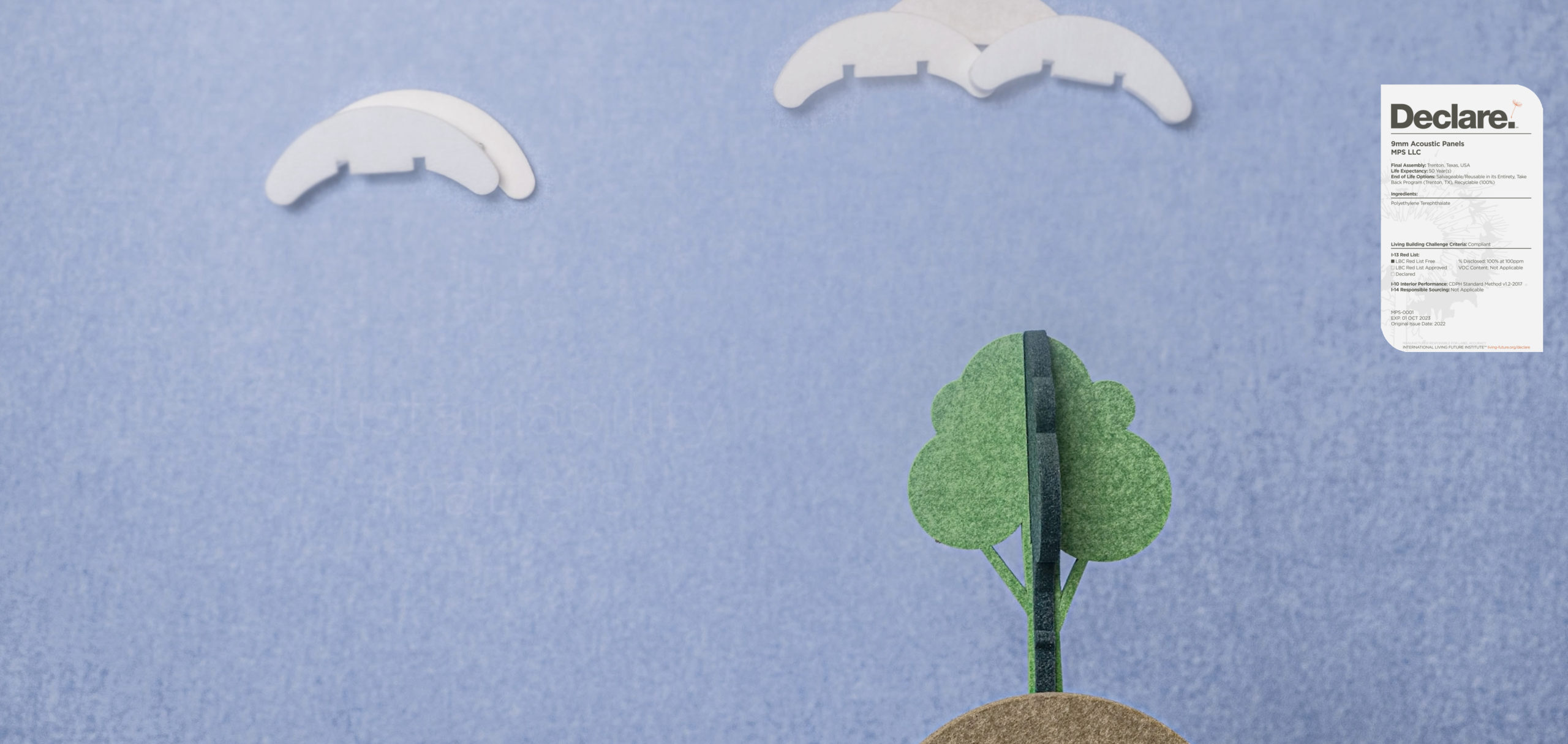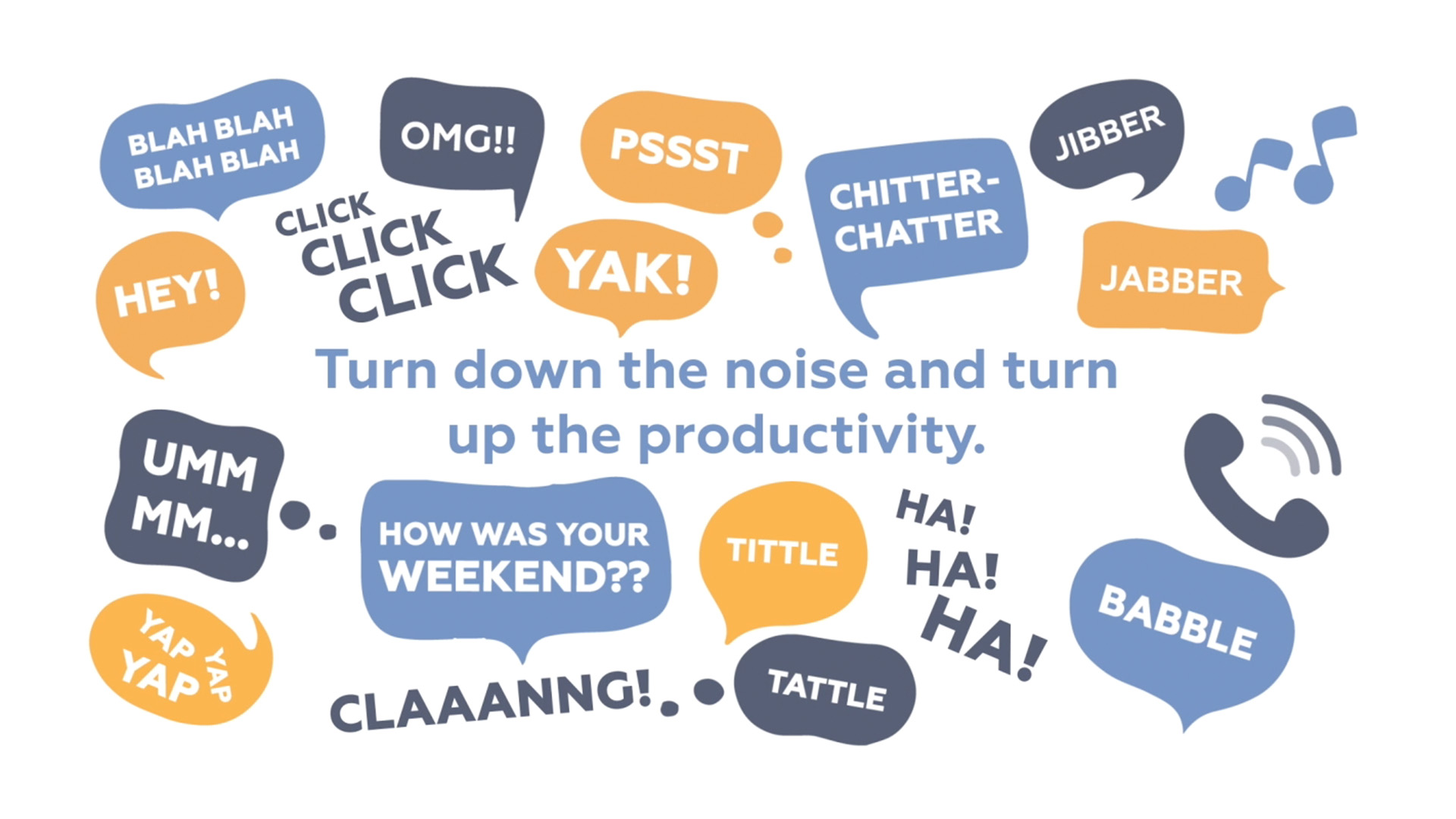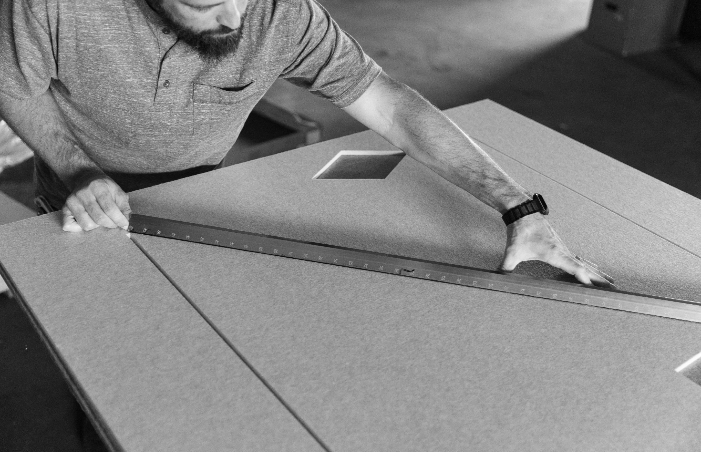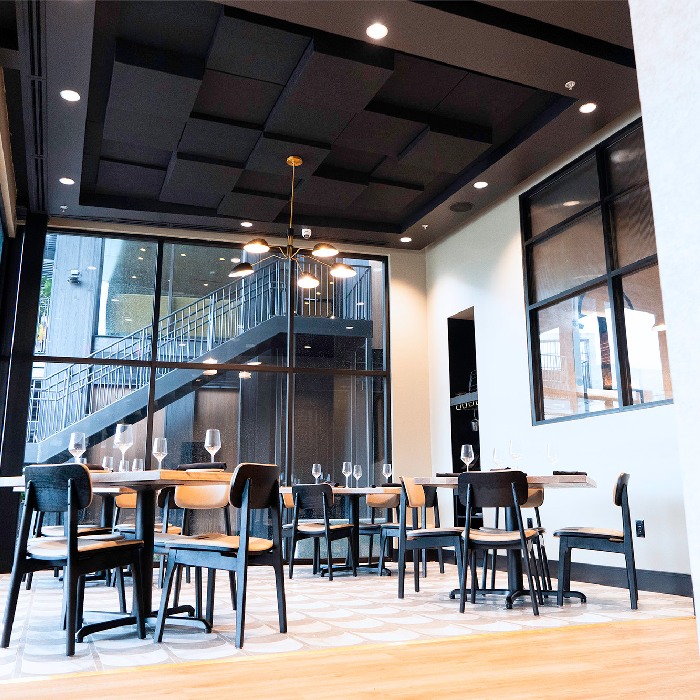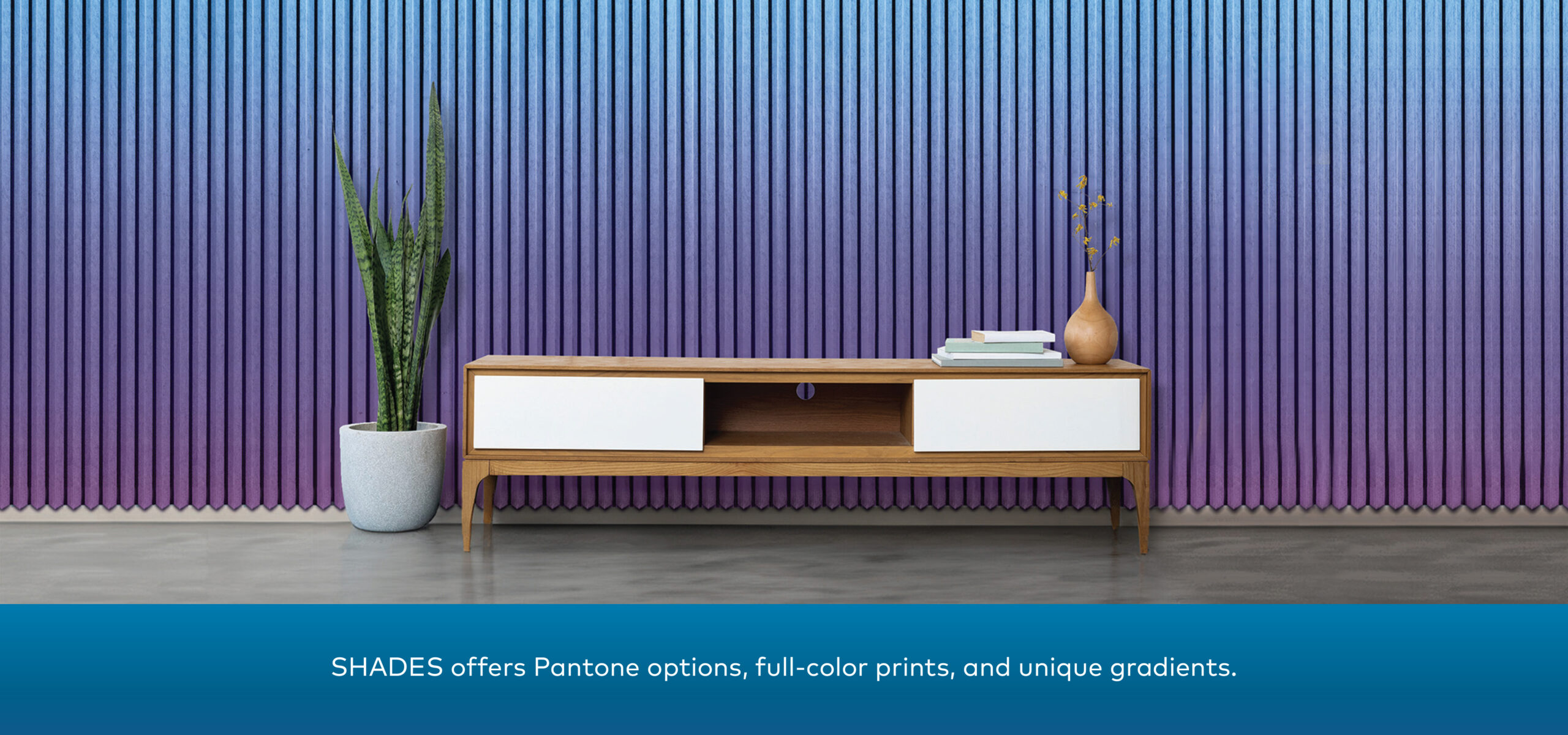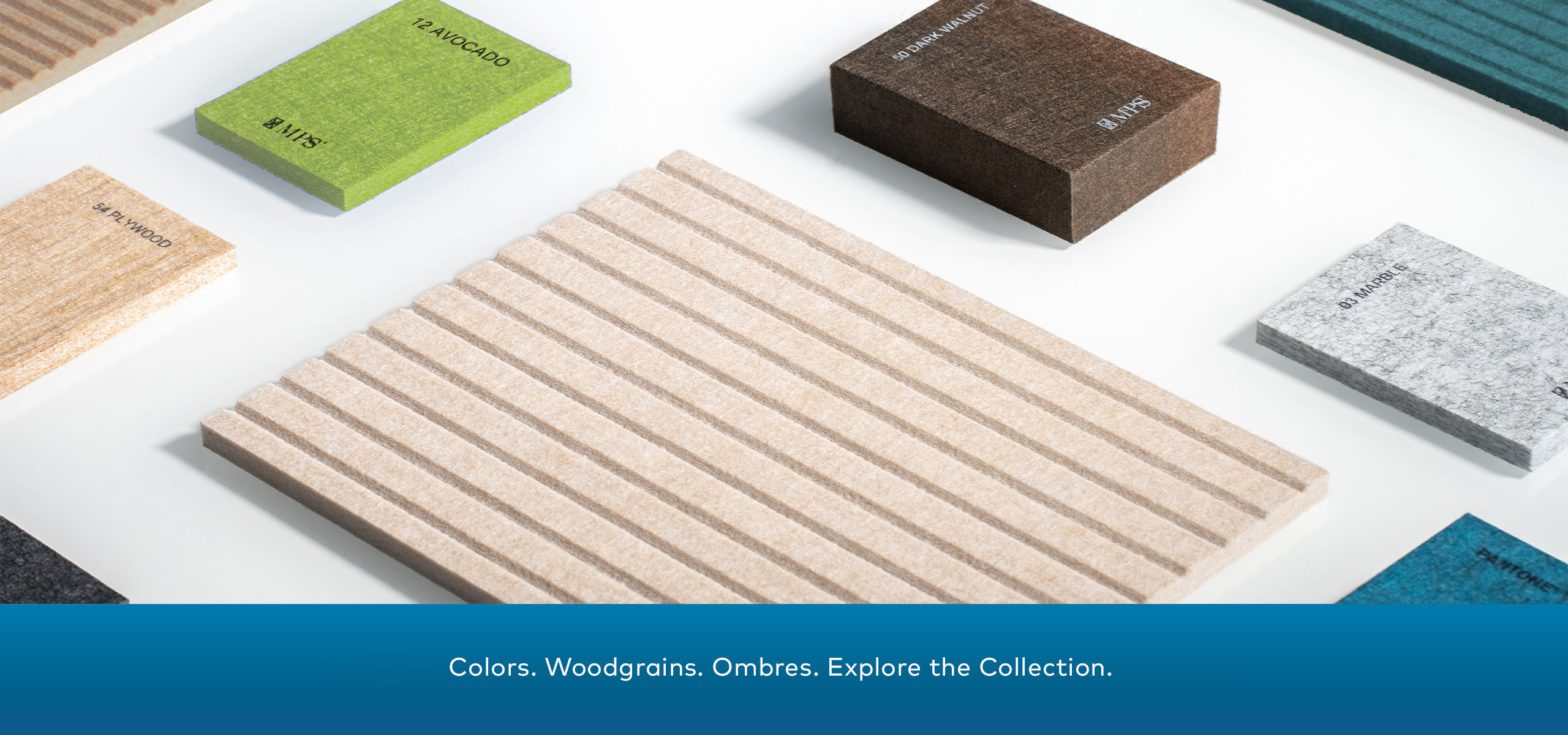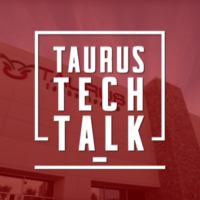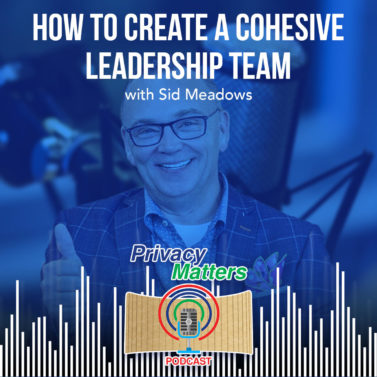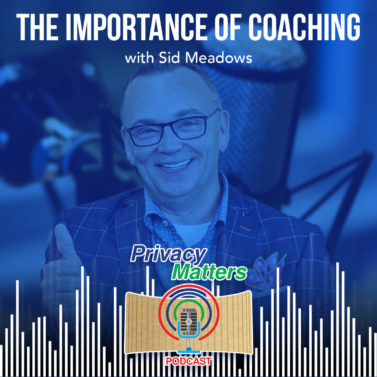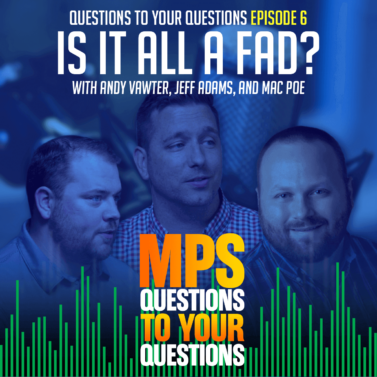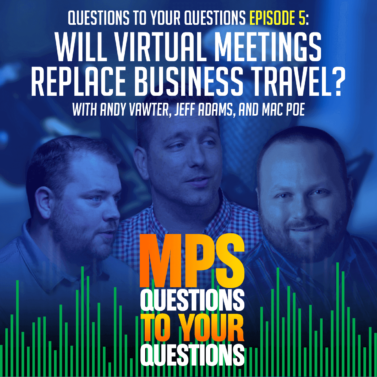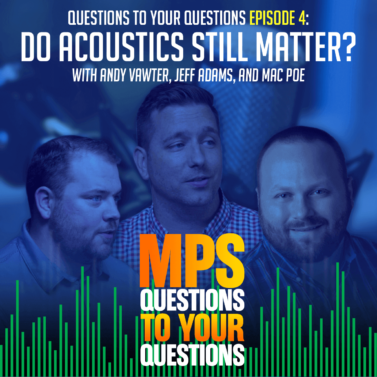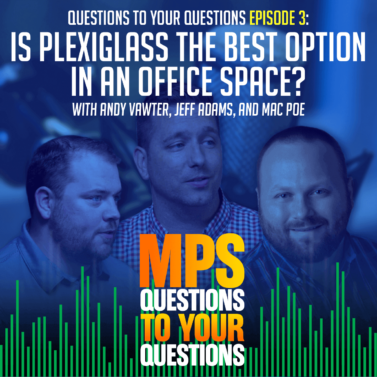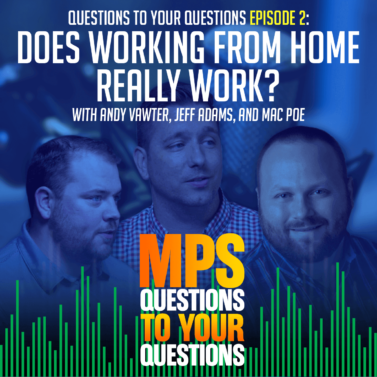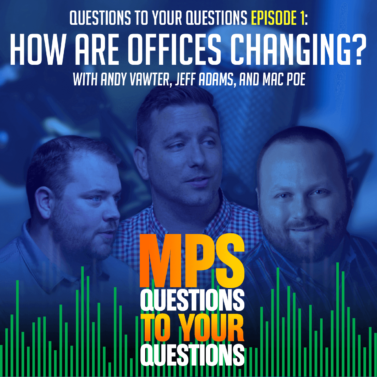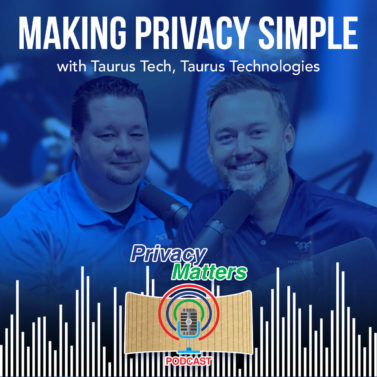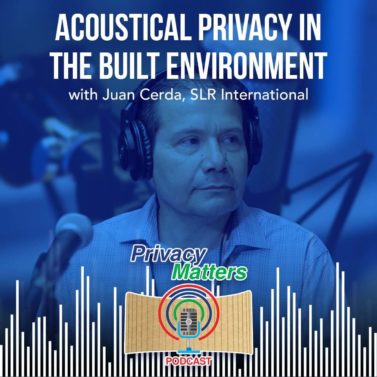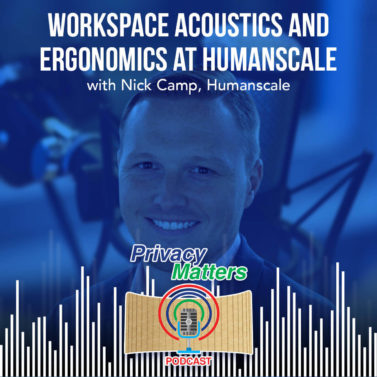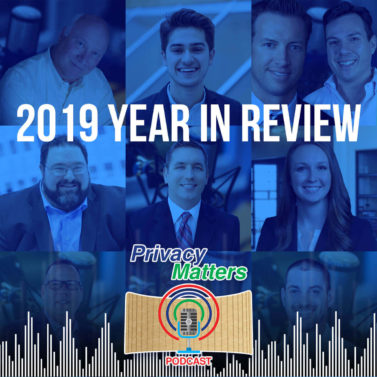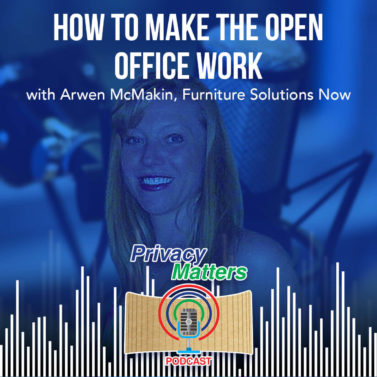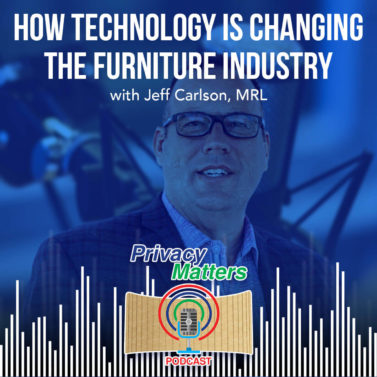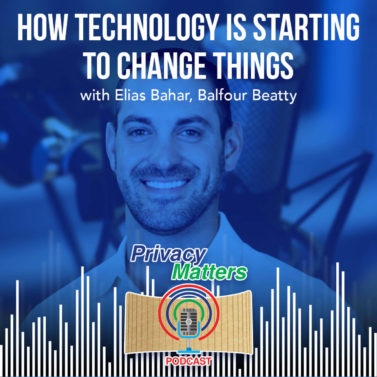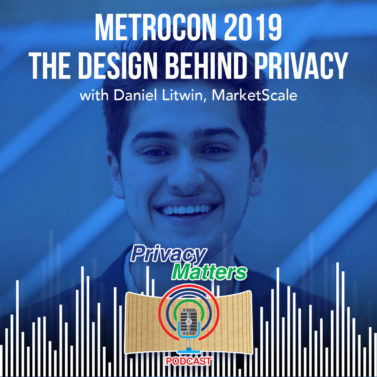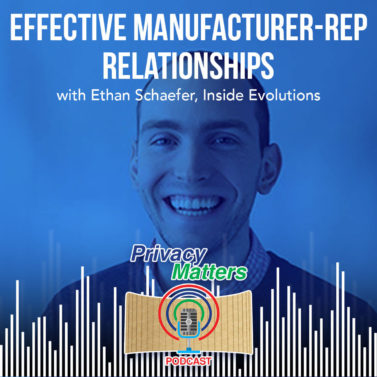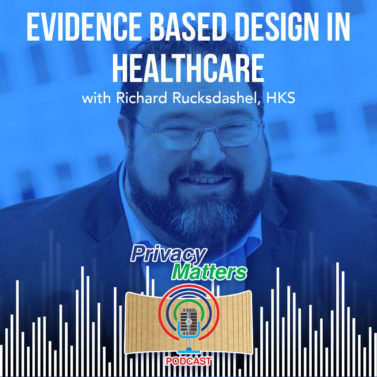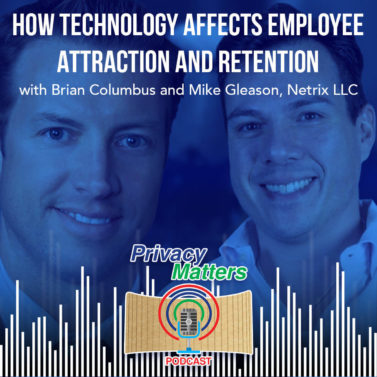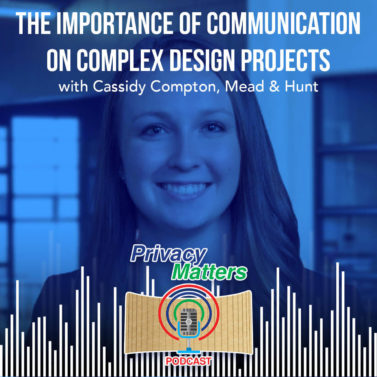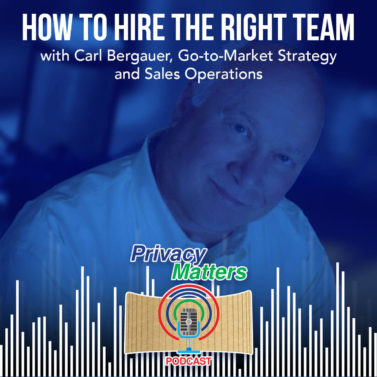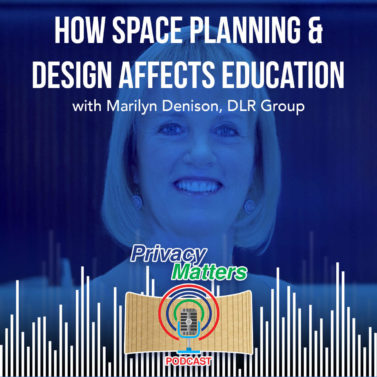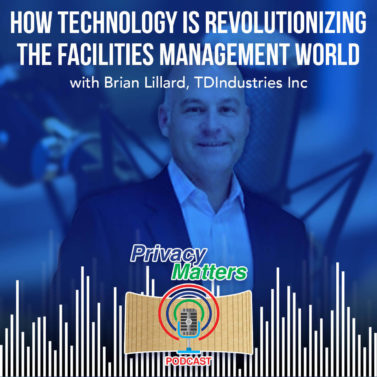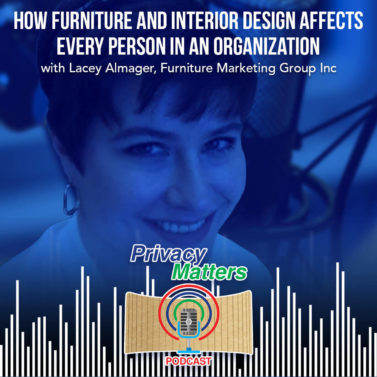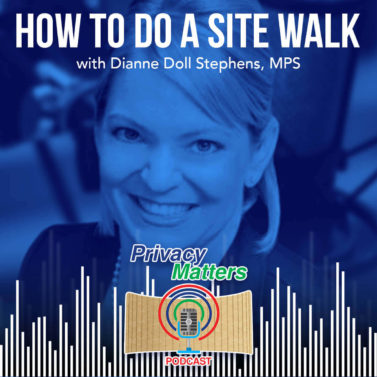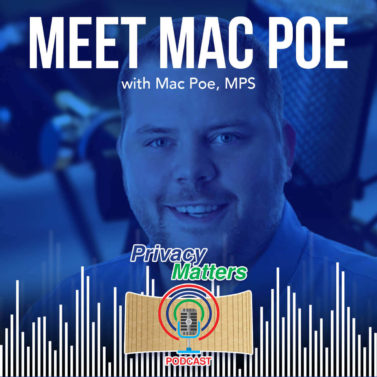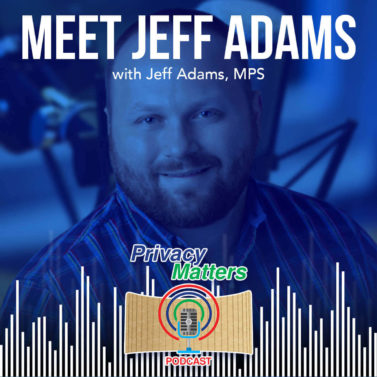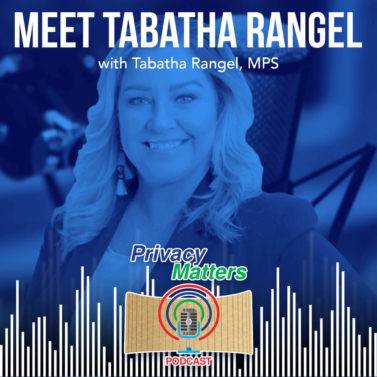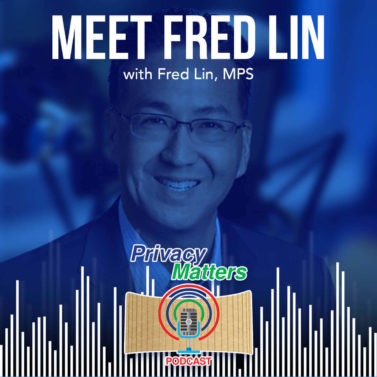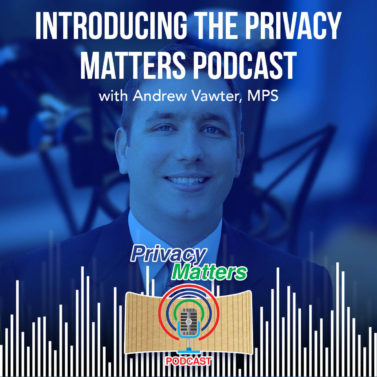[00:08]
Hey everybody!
Thank you for joining us on Taurus Tech Talk for myself for Corey Church, my co-host. Today, we’re having Andy on from MPS. Thank you so much for joining us, Andy.
[00:17]
Thanks for having me guys appreciate it.
[00:22]
So Andy~ is again like I said with MPS, they’ve been a partner of ours for a while. We met him a while back and thought it’d be awesome to have him on the show talk a little bit more about what they offer and how we partner together. So Andy, why don’t you tell us your current role and kind of how you got to that.
[00:38]
Sure. I’ve had lots of different roles for this organization. I’ve been there for seven years which in today’s world seems like a really long time but it’s not. My current role is the SVP of Sales and Operations. So basically, I oversee the majority of the company from an operations day-to-day standpoint but my DNA is sales. So that’s part of what happened as we’ve grown we’re trying to make sure that the reason people work with us and the message that we’ve been delivering and the story we’ve been telling stays true throughout our organization. And so I’m not an operations guy, I’m not a process guy. I’m always the worst offender within our organization of breaking the rules and not following them so they put me in charge of it.
[01:21]
We know it was like that why did you look at me as soon as he said that.
[01:27]
I was looking at the reflection in your eyes of myself.
[01:30]
Yes right. We all know what I’m talking about but so my role on the operations side is really to help the message stay true of why people work with us that way they don’t get so bogged down with. Well, we said it’s four to six weeks too bad you know and yeah they don’t get so rigid on that and it just helped bring everybody together so that’s what I’m doing now. I’m still very probably I’d say 80 percent of my job is still sales though I manage our independent reps nationwide. I oversee a lot of what our salespeople do internally and then they kind of call me an OG. I’ve been around a while so like there might have been some scenario that happened with some customer in 2013 and I’ll be like, oh oh yeah yeah yeah here’s what we did and here’s where that file’s located.
[2:21]
Andy, can you go back in your memory bank for a second. That’s usually how the conversation starts.
[2:28]
So that’s~ I still provide that role a little bit because I mean it happens probably weekly there’s some scenario that comes up that I literally am the only person that would have any knowledge of.
[02:37]
We have a few guys here back in the early days things were really siloed. Yes, so like you remembered it or it was in your email or it was on your desktop there was no centralized system like way back so when we get a blast from the past another salesperson or engineer will be like. Do you know anything about this? And I’m like yeah it happens to have every piece of documentation on that project on my computer and it exists nowhere else right here in my you know, hold on.
[03:05]
Mine’s in my deleted files in my email.
[03:06]
Let me give all of this to you so I’m no longer responsible for that repository.
[03:12]
I can. There are so many spaces freed up on my PC.
[03:15]
I can search somebody’s name in my inbox, you know my deleted folders and I’ll be like oh that’s where that is okay and then let’s see.
[03:22]
I like doing that but Corey gets onto me about the emo box space. He’s like, hey man you know you have 15 000 deleted emails right we really gotta get rid of all those.
[03:32]
So they got in trouble in I.T company deleted half of mine at the request of our technology specialist and then I blew a gasket because I was like, no you just literally ruined the only bit of information we have from 2014 to 2016.
[03:48]
You’re going to make me scold you both on camera. Yeah, that’s a terrible repository.
[03:54]
I work with a couple of customers that have to be in compliance for different reasons, maybe their government regulations, maybe their health care regulations and they have policies where there’s a retention policy. Maybe it’s 90 days, 60 days so if you send or exchange emails with them past 90 days you’re gonna have to remind them.
[04:18]
Well for companies like MPS and companies like Taurus space is cheap but when you’re talking about working with a company that has three thousand to nine thousand employees and you’re talking about, oh I don’t know what’s your mailbox like 50 50 GB or something like that times three thousand some odd employees, it gets expensive.
[04:37]
Now, you’ve got a submarine you know with your servers you know just trying to keep them cool.
[04:44]
Well if you’re like us you back everything up three times. (Andy: We are like you.)
[04:53]
So Andy, what did you do before, you said you’ve been with MPS for seven years, so what did you do before that?
[04:59]
So I came on as just an account manager. So, my background is I’m highly trained in sales. I have an education degree for economics and a minor in coaching. (Nice. I was about to hear that.) I have a master’s degree in educational administration you know so nothing to do with what I do now but very expensive pieces of paper. (Did you want to be like a principal or.) Well, I started as a teacher and a football coach. I moved from Texas to Mckinney to coach. There I coached for seven years, enjoyed it and loved it. I had a blast then I started having kids and my wife was like you’re working, I was working nights weekends I mean football coaches in Texas work all the time. So yeah, the next thing to regulate my schedule was to become a principal. So, I got my masters to do that. I became certified and started interviewing and it was in that process. I was like, I really don’t want to be a principal it was just kind of weird it was like, I remember sitting in an interview and I ended up getting second so they didn’t hire me anyway but like I was sitting there answering the questions and I’m just thinking I don’t really want to do this you know but as a father and a husband I’m like I’ll do whatever I got to do. I don’t really care but like personally, I didn’t want to get into education to be a principal. So one thing led to another. I heard about this opportunity through a friend and I went in and I applied for an interview and it was really funny. I sat down with the owner and our company was much smaller back then and I sat down. This whole thing had been lined up from a friend so it wasn’t you’re typical I applied for the job. So I didn’t know what to expect exactly and I walked in and he goes, you’ve never sold anything in your life. Why would I even consider hiring you? That’s how I started the interview. I’m like oh, I thought this was going to be a little friendlier than this. But that sounds like how I would have started the interview.
[06:48]
I think that’s a perfect qualifying question right because for me I’m wanting to hear your response like, you sell me on why you think you might be a good salesperson and if it’s believable.
[06:59]
It’s kind of how that went, he felt like forever it was probably like five minutes. He kept using phrases like if I were stupid enough to hire you if you know I’m not exaggerating a little bit but it felt that way while I was sitting there. So finally, I have stopped the interview, I was like look obviously I don’t have any sales experience but let me tell you what I’ll be if you hire me and you know what I’ll do and who I’ll listen to and what I’ll you know and so from that point on it flipped and he was like, okay all right. (When you take control of the situation.) That’s all he was doing, he told me later he’s like I just didn’t want to have to fire a guy. Three months in who had a wife and kid at home. Yeah who had just changed careers and he’s like if you weren’t really determined to do this, I didn’t want to mess with you. So, I was like well, okay I appreciate it. (How old are your kids?) They’re eight and five now. So I had a one-year-old at the time. (Wow, are you doing it? Yeah that makes sense, Math.) (Boys? Girls?) I got an eight-year-old girl and a five-year-old boy. (Nice. Nice and are you done having kids or you want to have more kids?) It’s not officially done but unofficially done. (I am officially done with three girls.) (We are done, we are unofficially done but soon to be official.) (I like how we’re being very vague about the officials.) My calendar was scheduled for August and I didn’t know what you did.
[08:20]
You schedule it around like your favorite television show or sporting event. I scheduled mine around the masters so that way I went into the doctor on Wednesday and I got to sit there for three days where I couldn’t get up (I have to watch this.) and she was there. So the doctor was like reiterating you know just gotta stay still you’re gonna feel fine.
[08:40]
My wife would look at me and be like you did this on purpose didn’t you know.
[08:45]
Well, I told her from the get-go I was like well I think this is probably the best she called me on it.
[08:48]
You’re thinking about it wrong, you need to coordinate it with some kid-related or house-related activity. That you need to get out of well, I mean you’re not like you’re gonna do it again, right? Definitely, because you’re official. I’m intending to be official.
[09:09]
I was gonna ask Andy to tell us something that we may not know about you but there you go I feel like we know everything we learned.
[09:13]
We got really intimate, yeah Actually, I have a question though so you’re a young guy you look young anyway. You could be 50 for all I’m not but damn that I mean crap that was hard. So you’re going to do this for how many more years when you retire. Do you see yourself going back into coaching? Are you coaching kids sports?
[09:36]
Currently, I imagine when my son gets a little older. My daughter isn’t really into sports a whole lot but my son kinda so I imagine I’ll probably get into it. I will ever go back to a high school and do that, the answer is no.
[09:51]
Well like club ball or select ball or maybe summer. My brother did a lot of coaching for his children when they were smaller and then as they got better and things got more technical, he stepped out but to watch him sit on the sidelines. He had a couple of summers ago where he was coming out of coaching but still sitting in the bleachers. And just he was getting really really involved from the fence and twice he had been reprimanded by this baseball. He got reprimanded by the ump and the ump was like listen if you say anything else you’re out and so after that he doesn’t yell anymore like he doesn’t good, bad or other. He just sits and he watches and then he goes to the fence and talks to his boy you know.
[10:43]
So I’ve always been kind of the chill coach. I don’t get all worked up about things and so I don’t have that problem at all. Well actually one of our sales guys I used to coach so we hired him. He’s 26 years old now but (Does he still call you coach?) he’s kind of stopped doing that. But for the first couple of years he did. (It’s kind of like a respect thing.) Yeah, I’ve interviewed a couple other kids. (I did not say, Sir to my dad. Yeah, I mean that would be bad.) I’ve interviewed a couple other kids who said they’re adults now but I’ve interviewed a couple other former players to see if they want and they come in and call me coach and I’m like, I’m okay. I’m not really coaching anymore but that’s yeah because there’s a coach you get to learn a lot they know me as you know.
[11:26]
Even if you were coached for a year to those kids, your coach for the rest of their life. At least my coaches in high school and junior high. Yeah like, I think only one of them is still coaching and I haven’t seen them in years but the last time I saw one of them. I was like, hey coach I just, I don’t even know if I know their first name yeah.
[11:46]
I think breakthroughs in sports when kids are younger is probably one of the most impactful things that can happen absolutely almost more so than a teacher. I mean I hate saying that but you’re just you’re there with them in the intimate times and blood sweat and tears and so yeah that’s pretty neat.
[12:03]
He works for us and he tells me the story he’s like you were always so quiet. He’s like but every once in a while you would blow up about something and it was usually once every couple weeks. He’s like but when you did like the entire team would stop and listen because it was like everybody else is yelling all the time and you’re just kind of quiet and then whatever it was that you blew up carries a little bit more weight that way he’s like it’s kind of still that same way. Everyone’s not quite sure what you’re thinking and you know well I come in and get really passionate about something they all know okay. This is for real this is something so they hired me and I took to it pretty well. I thought it was fun. I liked the fact there was a big scoreboard with my name on it and like I could work harder or longer or learn how to be better than others and it kind of just all clicked a little bit so a few years. In probably two years they moved me to help basically it was organic. I ended up managing the sales team and it was basically everything that the company was doing had you know processes and systems for the salespeople. I was testing out and then I didn’t like it that’s kind of my personality anyway I’m kind of don’t I’ll just kind of do my own thing and so but I started doing my own thing having success and then you know the leadership of the organization started saying, what can you teach the other salespeople what you’re doing and how that you know. And so I rewrote some of the stuff and so then one thing led to another they moved me to the kind of manage the team while I’m still selling and then two years ago or so I became the VP of Business Development so they put me in charge of I’ve been chasing after the AV side of our business and they kind of put me in charge of several different new market opportunities, new things to kind of get us into as a company and the acoustic panels was one of them. So that was kind of my idea to start with. I was actually at Infocom which is not the place you typically go to get inspired on acoustic panels but I’m not going to say who it was I saw but I saw a product there that fixed a lot of the reasons why we didn’t do it and it isn’t even the product that we sell it was just an inspiration piece you know. They were displaying something that I was like oh well if we did it that way that eliminates a lot of the frustrations that we’ve had in the past trying to do some of this stuff. So I came back from the show and kind of was excited and pitched the idea and a couple months later, we had uncovered other things. We could do and then it was you know off to the races so very cool that’s been a pretty exciting endeavour for us. (It sounds fantastic man.) It’s opening up a whole lot of new doors and it’s pretty neat. So that was one of the things that I did and then this most recent change was like I said just I’m still doing a lot of that same stuff. It was actually kind of adding more to my plate. I guess we do have some phenomenal people that we’ve hired recently that customer service reps and sales support people that are doing such a good job I’ve now been able to you know. Shout out to Lisa and Michelle but I’ve been able to offload to them and they’ve been able to come through and take over things. For years I would not let go of so it allowed me. (Would you mind giving me their resumes afterwards.)
[15:24]
So tell us about MPS. It’s abbreviated for Making Privacy Simple. Tell us about MPS. How long they’ve been in business and kind of a 10 000 square-foot view of everything MPS is about.
[15:37]
So formerly Speech Privacy Systems for about 20 years we were speech privacy. We started with sound masking only. Our owner was in the ergonomic furniture industry and found a product that he really liked from Cambridge Sound Management partnered with them in the early 2000s like 2002, 2001 and he had been doing mostly ergonomics before then but really was like, oh there’s a market for just this product so changed his name to Speech Privacy. We started selling that mainly through the web you know, web leads talking to end-users and then the recession hit and web leads kind of dried up. So one of the things that we changed and one of the things I was brought in to do was to find partners to get turn into more of a dealer distributor for the product instead of just selling end-users directly. And so we started in low voltage because we had this network of installers we were using that were low voltage guys so we started introducing the product to them and then it branched into AV and then eventually branched into furniture and then Cambridge got bought out and then everything changed there. So in 2016, we partnered with a Canadian manufacturer called Softdb. They white label us. They do all the engineering product development and then we distribute it in all of North America for them and so that was really our company’s history was sound masking white noise for corporate offices. And that was really it and then we added the acoustic panels and when we did that we really felt like, from a marketing standpoint our name needed to change to match what we felt like. We were doing and maybe a little bit more generic speech privacy systems is a very ~ It’s another word for a SEO word for you know sound masking and so we wanted to broaden that and so we did this several month-long surveys of our customers and talked to our reps and talk to our our internal employees about you know let’s come up with name we have some crazy ones. I don’t want to say I’m somebody some of the different potential options were like all the way to being off the wall to being similar to what the original one was but then you got to get a URL that matches and it’s gotta be registrable and all these different facets that go into that and it just kind of clicked we were like, what do we do really well and someone said, well Jeff. It actually Jeff was really instrumental in what he was like, we just make things simple. We take a complex thing like acoustics and privacy and we boil it down to make it simple for our customers and our partners and so that was like, oh well that’s what we do we make privacy simple and then MPS made sense. Making Privacy Simple too long of a name to be seen everywhere so just came up with the letters MPS and so that’s kind of the iteration of the name. And that’s what we do I mean that’s when you talk about what my new role is it’s to continually communicate to every person in our organization. Our goal is to make this simple and so then we always ask if we are doing this to make it easy for us or to make it easy for our customers?
[18:44]
It’s always a great question you know and really in any organization to make sure that you’re always asking that because it’s always going to be simple or we hope it is for the people that do it day in and day out but it has to be simple for the people that actually are trying to buy the product for.
[19:00]
It’s funny you both say that because I’ve had conversations with our engineers and our programmers who you know occasionally will get fired up and they’re like, man this is you know this could be way easier and like the idea is not that it’s easy for you. It’s easy for everybody else outside of our organization and if we’re if it’s not easy for them then we’re not doing our job and if we can make it easier for us internally and then that’s great but it can be hard for us that’s okay. (Yeah we’re here to take a hard thing and make it easy for them.) And that’s part of integration as a whole. Absolutely, I think Taurus has really tried to find a niche in is making a complex system even as complex as this studio and what did we one button press and we’re recording we’re going four different feeds and four different microphones and it’ll all be offloaded when we’re done and that’s all completely automated the idea same as your company making it making it simple. (Yep, yep i think it’s a great name.) You’re gonna and then you go search to see if the domain’s available and it won’t be. It will start over because that’s how it works.
[20:21]
That’s why you just have the person in the room right next to you checking the domain as you’re saying.
[20:24]
That’s what we were doing. Everything we were saying, we were checking and we’re like well this one’s eight thousand dollars we want to pay a thousand dollars for you know and say like we were weighing the car because everything’s for sale right. So we’re weighing the cost of everything versus how good it sounded or how much we loved it.
[20:39]
You know, Taurus was founded with just two guys and almost no money and so we ended up with tuarustechinc.com and really we would prefer you know taurustech.com or taurus.com and I always keep my eye out for those domains but they’re expensive and we haven’t ~ Taurus, although we have been very successful. We are not successful quite enough to buy those posts.
[21:10]
We’ll get there. So MPS is based out of Richardson, Texas? Yes. Okay great and some of the products, specific products that MPS offers, you already mentioned in some of your history the sound masking and you mentioned the acoustic panel link. What other products and services does MPS offer?
[21:31]
So mainly, when we say acoustic paneling that can be broken up into multiple categories. So the base product is an acoustical material but we do everything from wall treatments like either geometric shapes on the wall or large sheets on the wall or completely encasing a room to like the hardware that mounts to a desk and then can create privacy screens between workstations. A lot of ceiling stuff hanging baffles and clouds and different things like that and then really anything outside of that’s custom. So I mean, we’ve done a lot of different things with unique hardware pieces or that’s something that we’re finding out is there it’s missing. Well anybody will do anything for the right price but we found that if we can offer some of these things at a competitive price or not without a huge upcharge. It seems to be we’re finding our stride a little bit in that space. It can be frustrating on the production side right because (Yeah, because they’re gonna come to you every time) you know unique brand new things we’ve gotta come through on budget and on our timeline but it’s a need out there and so if it’s a need we feel like we can.
[23:00]
I feel like a lot of our customers have let’s just stick to specifically acoustic paneling. I feel like a lot of our customers have acoustic paneling and just don’t know that’s what it is. I feel like a lot of our customers also think that when they’re going to entertain a discussion about it they think it may just be fabric at a certain thickness on a wall, on a ceiling, on glass but you guys have done some amazing stuff to take what is functional to treat the space acoustically the right wall. To have a maybe a podcast, to maybe have an audio call, a video call or maybe just have an in-person discussion. You’ve taken something that works and then also make it an art piece is kind of what you’re explaining.
[23:40]
We’re trying to dual purpose everything. So if you’re going to buy desk screens to put between people. We want to tell that story of why you would not want it also to be acoustical. You’re going to put it anyway. Is it going to be laminate or is it going to be glass or something that’s reflective well. Let’s dual-purpose and add acoustic material to it or if you’re going to do some design on the wall or even your logo on the wall. You have the option to have it be acoustical why would you not want to do that exactly and so that’s exactly what we’re always trying to do is every product we have we want to be able to have it do multiple functions and in doing so you know when you’re talking to really anybody in you know this great construction process. The designer architect, commercial real estate rep all the way to the actual end-user. When you’re talking to anybody in that process they understand we’re going to have to pay for some of these things but what if you can tell the story of well it’s already in the budget why don’t we make that acoustical as well instead of you’re going to pay for desk screens or you’re going to pay for glass or you’re going to pay for all these things and then we’re going to come back and have to pay more money to treat the acoustics because of that.
[24:53]
And now you’re benefiting yourself. You’re more than likely giving a better aesthetic approach to the solution that you’re already going to pay for and then that’s one of the things we’re working on with our team here is to make sure that it’s not just about the microphone or the speaker, the display or the automation piece. The room has to be the right fit or the space has to be the right fit for what you’re trying to accomplish. I think I’m going to give a shout out because I think the coolest one I’ve seen so far, I got to see it in person and through one of your podcasts and online was the skyline of Dallas. That was my favorite one. (I recently saw that on Linkedin or something. I saw some pictures posted.) I really liked it. There’s, I think you did several of them but we saw the first one in person over at Humanscale. Another one of our partners and I know you know you guys partnered with them as well. I just thought it was great you know it’s a functional piece but it’s an artwork piece at the same time and you know a lot of people look at it and they just think, oh that’s cool and then when you say what else that helps me do is it helps me keep a lot of reflective property off of that hard surface bouncing around this room. And Humanscale’s’ suite is you know it’s floors, it’s open to the ceiling, it’s glass. It’s exactly what you’re talking about sitting across from someone that has some Humanscale product and the privacy screen so I just wanted to mention that. I thought that was absolutely gorgeous.
[26:18]
We’re really proud of that one that came out very well and yeah they’re a great partner too. So it’s been a great showpiece to like, hey why don’t you go check out you know Humanscale’s showroom, So yeah, we’re doing photography and podcasts and anything that we can do. (Before the end of this podcast, I’m going to convince you to have something like that right over here where you can’t see it’s off-camera but we’ve got glass that is the entryway to the podcast studio and I’d love to see some flying Taurus logos would be awesome.) We might be able to make that happen.
[26:46]
Okay, all right. So tell us a little bit about it, I noticed this spot on the website. I thought it was really really intriguing and when we talk to customers that maybe have entered into the subject of sound masking. A lot of people get a real common misconception about what it is so you got a spot on the website that I really found awesome. Sound Masking versus Noise Cancellation. Can you kind of just take us through what that is?
[27:17]
So the SEO for the word noise cancellation because you got to think in the mind of someone that’s sitting at their computer with a problem and doesn’t know the solution yet and what might they type into their computer. And that’s definitely one of the words and phrases that they’re going to think about. Just because of today’s world, you’ve got noise-cancelling headphones and noise-cancelling cars and things like that people automatically assess. Well, we just need some noise cancellation in here and that will fix the problem of not knowing anything about the actual technology of how it works and so we have to deal with that a lot. We get a lot of people that are we’re constantly trying to educate the difference and so the best way to explain that is cancellation is taking the sound that is leaving the frequencies of sound, that are leaving the sound waves and they’re moving and recording it and then reverse phasing it back at it so that technology exists right now on an ear and we’ve gotten our processing power to be fast enough to where they can hear something that that Bose headphone can hear something. And then quickly reverse it back into that one ear and they can do it. They can do it on really certain frequencies they can’t do on every sound you know but they can do a pretty good job of an airplane one of your background noises. (You’re familiar with this. It’s just a different property. AEC is the exactly the same idea.) And so it you know that’s how that works and so usually I start with explaining how that works. So I can explain how that’s not possible in their space like understanding that technology is doing instant processing and it’s redirecting the sound a quarter of an inch away from your ear. (I call that education by softening the blood you know there you go exactly inversely. Just tell this is quite literally impossible right.)
[29:14]
So then you’re like, so imagine we’ve got 50 pairs of ears in this office all moving around, all different. How many microphones would we need, how many speakers of how would we push the sound perfectly to each ear. The technology currently does not exist and is actually nowhere near. Being able to exist yet simply because of the implementation. Now you can, in a vacuum in a small set you can do it but you start a dynamic office place and it’s not possible. So then we explain what sound masking is and how that works and then you say so when you’re talking about a group of people that’s still going to be the most effective technology that exists. Oftentimes, the next question is, oh like white noise you know so then they said, oh yeah like that little machine that I sleep that you know that. I have an app that’s next to my bed and so then we get the opportunity to explain how that technology has progressed over the decades because it’s been around since the 50s. The government’s been the DOD used white noise back in the 50s and 60s to protect their you know medium (Isolated spaces, right?) always and yeah but white noise traditionally is really annoying. We all recognize it when we hear it and it’s not something you’d want to sit in every day. And have to listen to and so more and this is really true of us but all of our competitors as well. I mean the sound that we’re using is typically engineered sound to be more comfortable but also still do what white noise does which is cover over those conversations make them eligible and so it’s a great question that people ask because then you get to completely tell the whole story of the technology. And they’re at the end, I mean now they’re like in the 90th percentile of understanding this type of conversation like they talk to anybody at an airport and know more about this than anybody else they encounter.
[31:19]
I love it when you’re colleagues, I mean we obviously try to do a good job of educating on that front and some people are better than others but I love having your colleagues in the space. And let’s say that we’re in that literal space that subject matter and I love how that can use this okay look, you’re this is a 30 by 40 meeting space with 10 foot high ceilings and the walls don’t go to deck and let me explain to you how I just educated you are things that we can and can’t do to make your experience better. Oh and by the way towards technologies will handle everything else on the technology front too for you.
[31:47]
That’s been the biggest challenge for us honestly is to get the type of people in our organization that are you know good workers, good salespeople, good communicators and then also get over that hump of being a novice to being an expert in this stuff. It’s challenging. (Well that’s everyone’s battle right.) So, it’s like you got to kind of fail for a year before you’ve kind of bumped your head in so many different directions that now you know what to do and sometimes people can’t aren’t don’t have whatever it takes to just get through that process.
[32:19]
We’re always encouraging the staff to just always feed yourself and always be learning. There’s this in our industry that really shares a lot of commonalities with the pro-AV and the privacy world. Obviously, since we’re partners but I think a lot of people take for granted that. I know everything there is to know about video conferencing this is simply not true and I think as long as you’re accepting of the fact that always feed yourself that information and knowledge you’re just going to be better. Every time, I listen to a podcast of yours or I have one of your colleagues come out to a site with one of our salespeople. I learned something every time I picked something up. Oh, I think it’s fantastic. So tell us about some of this because I feel like you know this podcast is about education after all. Tell us about some of the spaces and industries where you would see these products that people might not think about.
[33:13]
Well, can you mention privacy screens between cubicle style desks. It never occurred to me and I know I’ve seen some fabric ones and I’ve seen some glass ones and I’ve seen some laminated ones but that’s an amazing idea. I mean if you walk into a call center or a trade floor and it’s just miles of cubicles with these two to three-foot dividers between desks as open floor plan spaces have become more popular why not make all of those some sort of acoustical panel or have some positive acoustic property. It just didn’t occur to me until you mentioned it 10 minutes ago and I thought that’s brilliant like that should just be part of the furniture plan, never a piece of glass or never a piece of laminate. It’s already bad enough I think to sit in a public space and you know be face to face with somebody and he’s on the phone and I’m typing on my computer and somebody over there is listening to the radio from eight to twelve at a reasonable volume. And after that I thought, well we’ve got guys here who share some offices they’re not necessarily cubicles but they might benefit from. I’m sure there was some divided workspace that offered some level of acoustic again positive acoustic property.
[34:46]
Well, we’re running into exposed ceilings too. So, I mean that seems to be the one of the newest trends. It’s just to do concrete or metal exposed ceilings and it’s similar to the glass conversation. It looks really cool so you know if you’re looking at a picture or you know whatever it’s like this, that would be really nice. And then there’s some physical realities that people find out after they’ve moved in that you know, hey this is awful. I can hear everything you know and so I think you know that’s probably. I’ve still the main area that we touch is that open office so you’ve got either the desk dividers or even we’ll hang panels from the ceiling at the end of rows so that this team over here is all together but then they’re don’t feel like they’re with this other team that’s over there. (They have a little bit of isolation.) Exactly and so it creates a little bit of a visual barrier there which is good as well as acoustics. So again multiple dimensional benefits of the product.
[35:54]
And I’ve seen some of the projects you guys have done with you know a cloud or layered ceiling tile, ceiling panels or are flown and that’s an architecture dream because most of the time we’re fighting against an architect to put a ceiling speaker in or put a microphone on the table and you guys are over here like no no no you draw it up on a piece of paper and we’ll make it happen. And make it look any way you want and it’s still a positive you know it’s a benefit to the space rather than let’s hang a piece of glass.
[36:30]
Irony, the architect was the one that developed the open ceiling anyways.
[36:35]
That’s a delicate dance, right? So we go in there and do CEUs and stuff for them and it’s you got to be careful that you don’t go in and say, yeah modern offices suck you know like there’s all these acoustic challenges that are there and you’re like, oh wait you guys are the ones designing and creating that. But most of them are very~ they understand the downside to some of this and so they are looking for ways to incorporate this stuff so it is just a great conversation that we can have.
[37:04]
You guys are in a good spot with that because you have the ability to create these custom and unique shapes that architects are just going to. You know flip over how do we fit this into your conceptual design that’s in your head that you’re trying to get out. Yeah, for Robert a TV or a display or a camera or microphone only comes in so many shapes. We’re not going to 3D print a new shape for every customer. So it’s awesome.
[37:30]
That’s been probably the most exciting thing about the acoustic panels compared to the sound masking. They both solve acoustic problems which can be challenging to articulate like everybody has their own expectations of what that means, right? The cone of silence or a soundproof room or whatever and so you have to kind of help manage expectations and all that. So that’s the challenge with acoustics but what’s so fun about the panels versus sound masking is we’ve got something fun custom visual like. I remember and so this is when I knew this was the product we needed to be selling because I had done CEUs and presentations with just sound masking to architects. Let me tell you if you want complete awkward silence at the end of a presentation about sound masking to architects and they all say, okay thank you that’s the last slide. (You know I’ve gotta go to lunch yep and so they leave.) The very first time I met an architect with a sample we didn’t even have inventory. We didn’t even have the ability to do anything with it. All I had was samples of what we were going to be doing and I sat down and I was like what about some of this stuff and her eyes got big and she grabbed one color. She’s like I have been looking for this color and she ran off like she literally ran out of the conference room because she wanted to show somebody that she was working with and then came back. So sorry you know and I was like, I think we’ve landed on something here you know nice. So that was kind of the exciting part of that product and then the fact that now we’ve been able to kind of bring them all together and say let us walk a space let us come in and look at your space and say here are some of the different ways we can help and what to expect from that solution. I think it is a very unique thing, yeah I’m not seeing that out there very much.
[39:19]
I think I like to share maybe three examples just because of our time that people aren’t really thinking about. We’re trying to go in and educate customers. Let’s say first is lobbies, you know a lot of customer lobbies are designed to be nice aesthetically. They’re designed to be open and feel warm. That’s your first impression of a visit to a space and a lot of them contain glass you know they’re usually open most of them would have solid floors, not carpet after all. It is an entry so I think a lot of people take for granted that although that might not be a space where there’s technology in you can add things like sound masking and privacy panels and acoustic panels to make that space. Since it is their first impression. Absolutely, I think another one that a lot of people aren’t speaking about. I think it is really really important that none of us really like to spend time in hospitals, right? A hospital is a dreary place to be and if you’re in a patient room it’s a sad place to be or you’re never really in a hospital for a good thing and even when we had you know no more kids that wasn’t a good thing. But my point is that usually, a hospital room is hardwood floors are our concrete floors, right? It needs to be cleanable and easy with a lot of hard surfaces whiteboards for nurses to write on but by giving somebody a little bit better of an experience when they’re in a place that they don’t want to be. In the first place can be huge yeah and really at a minimal cost so we’re having some (A little pop of color and traditional privacy exactly whether it’s on the ceiling or the wall) or exactly and having somebody carry on a conversation with their loved one that may be sitting in a bed and not feel like that everyone in the world can hear them because the noise is just everywhere. Then you know a third one we actually worked on together recently was for one of our oil and gas customers they need to be able to train people in the field on how to work on a gas line so they have a facility out in Plano, Texas that is indoors because they even though they’re going to be doing a lot of work on the outside most of it. They need to be able to mock up something so they’re indoors and it’s a warehouse but they’re trying to train people and they’re trying to train sometimes 30 or 40 field technicians. We’re talking about gas we’re talking about really important stuff right and you guys were able to come in and treat it with acoustic paneling and man you should see them they’re like skipping down they’re absolutely loving it. It’s a great success story but people that my point is of those three examples is just to think outside the box. It’s for all intents and purposes. It’s not an expensive investment and I think the benefits that you reap out of a lot of what MPS can offer just you know this just pays dividends.
[42:23]
Absolutely, we’ve seen, I mean those examples plus more I mean churches and schools and you know break rooms and conference rooms and board rooms and waiting areas and check-in areas at hospitals you know where people are sitting in the lobby and other people are up at the desk sharing a bunch of personal information. I mean those are all challenges that are solvable to some degree, right? We can make them better. We can make that experience for the customer that much better than it would have. Otherwise, we can completely eliminate other problems you know and so that’s what’s been fun about. All this is there’s so many more opportunities for us to get involved with and have started to kind of create that you know that perspective of we’re the type of company that is happy to take on those challenges or like get creative or get custom. I think it’s fantastic now, anyone project at any one point in time might not feel so fantastic just because we’re trying to find a hardware solution or we’re trying to let you know there’s a lot of challenges that can go with that. But you know I just think the fact that we’re flexible allows us to help more and more customers and in the end, when you’re helping customers you’re creating customers for life you’re creating partners for life. You’re creating all these relationships that help sustain us and help us to grow and that’s what it’s all about. So, I really enjoy that.
[43:53]
I think one of the best things that Corey and I love doing is you know we go. Let’s say it’s an existing space, we go into a space and we’ve outfitted with tech that the customer needs to be productive or maybe have their meetings or run their business and we get to see enjoyment. I think it’s said the same for MPS. You come in after a space and let’s say that they have been having those challenges and it wasn’t. Before I thought it was the afterthought and now you get to see that success and happiness after the fact. So it’s a big deal for us and it keeps us going and like you said it keeps customers happy.
[44:31]
I mean I’ve told this story before but we’ve got a customer where it was so bad the echo and their break room that they used for presentations as well like all company hands meetings and after we treated it they brought the whole company in and he mentioned that they had done something and like 100 employees start clapping. They noticed how much better this was. It was so amazing (I enjoyed coming to work.) Yeah, exactly so you know but that helps them that makes them realize you know the employees are understanding that we take their job and their comfort seriously and you know it’s always nice to work for an organization that cares about your experience at work. Most definitely you know so if we can help owners and decision-makers at businesses help create a better culture for their people. I mean we truly believe that we’re helping change workplaces and in doing so changing the lives of the people that spend a significant portion of their time in these workspaces because we’re not going back to private offices. We’re not going to shift back and go with rows and rows of private offices.
[45:40]
I did read an article though that it wasn’t as good as they had. I thought it would be and a lot of companies are reeling from that but I mean let’s be honest I think the whole open concept is a bit of a farce to save some money.
[46:00]
It’s all about saving, it’s all about square footage, cost of real estate. I mean when you boil it down we’ve done this like we have a lot of private offices in the way our space is laid out. It works perfect for us but if you were to just square footage say the number of employees we have and let’s go look around for other office space. We could fit that same number of employees in half the square footage with plenty of space for everybody but we would be out in open space and so it’s definitely.
[46:29]
We’re in a similar boat here and if we had started with a clean slate. We would definitely have some private offices but we would have a large number of public workspaces now. We probably would have partnered with you to help us make those as private as possible without erecting a four inch thick drywall wall to get the job done (Absolutely, yeah, it’s happening everywhere.)
[46:57]
That’s definitely not going away at least from what we could see well. We hope not. (It’s creating more conference rooms and meeting spaces though.) There you go yeah. A lot more huddle what we said yesterday phone rooms and bistro rooms. (There’s so many buzzwords for them.) They all need some sort of tech and some sort of privacy.
[47:22]
Andy, thank you so much for coming. Man, this has been fantastic and hopefully, our listeners and viewers have got an opportunity to hear a little bit more about some things that maybe you didn’t know that Taurus is able to partner with MPS. For more information about MPS, we’ll pop in a link below so we’d love for you to visit their website. Get a little bit more understanding, get a lot of great visuals there, a lot of great examples and for more information on this subject or any other subject. Please email us at infotaurustechinc.com For myself, for Corey, thanks again Andy and I hope you’ll have a great day.

